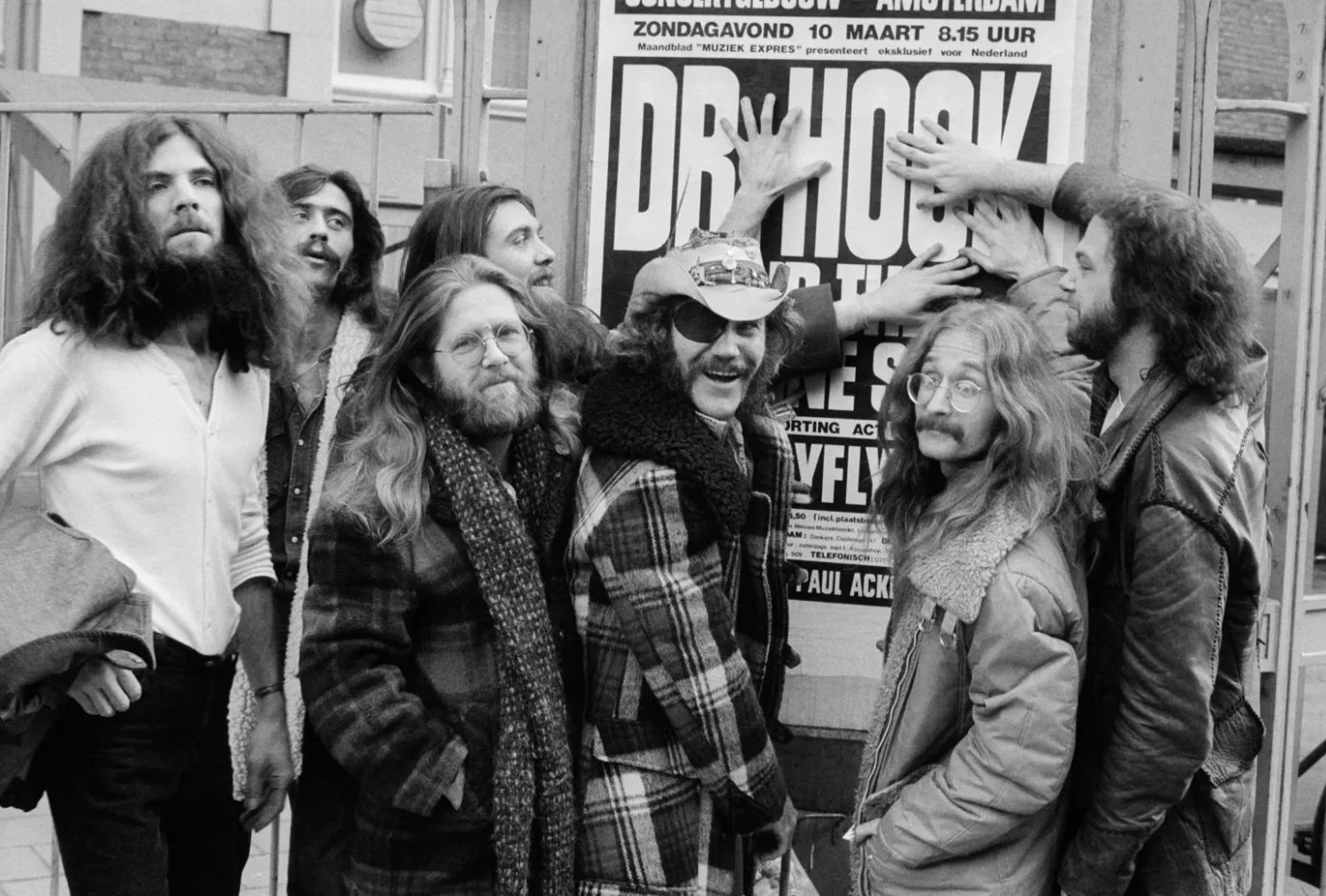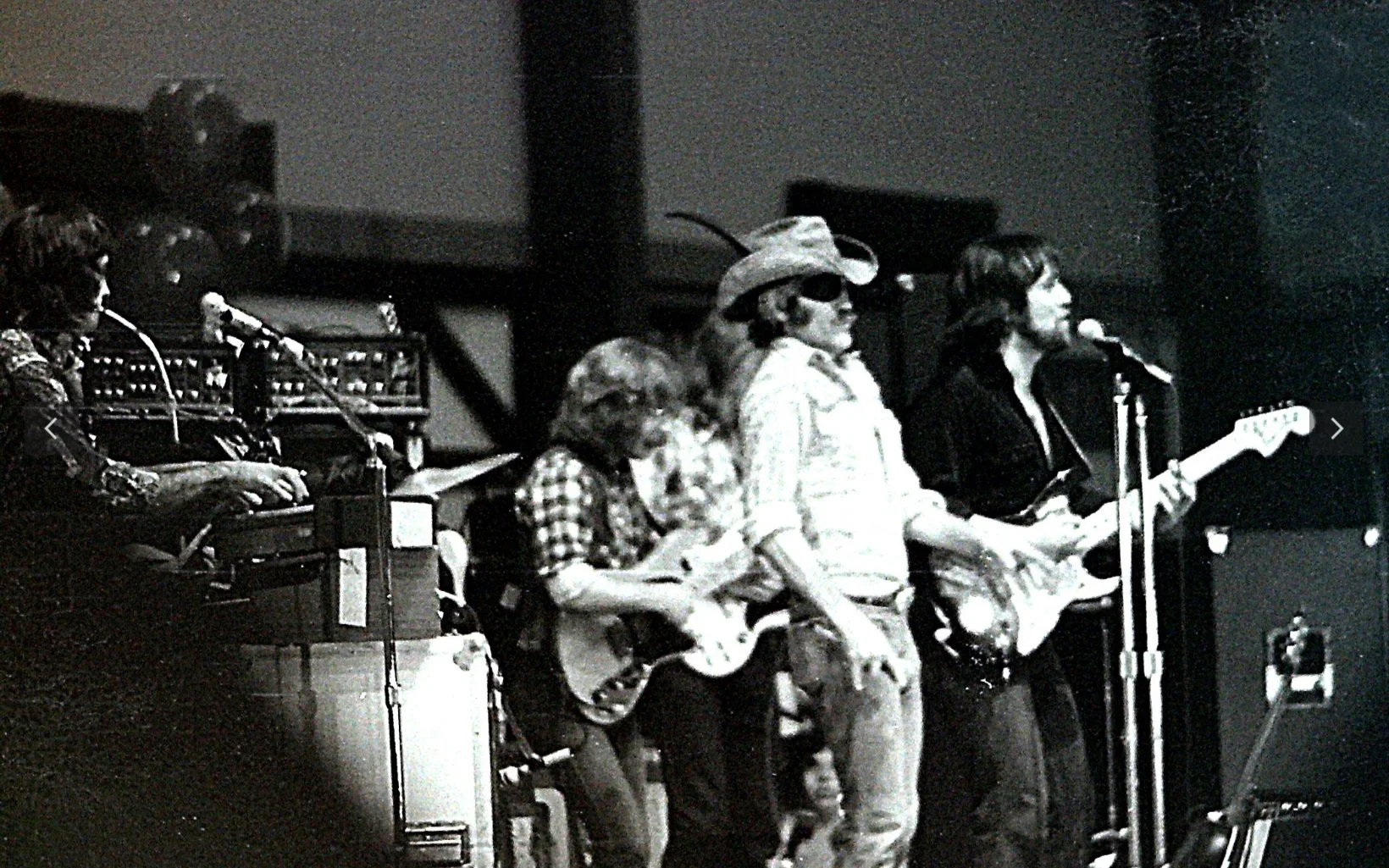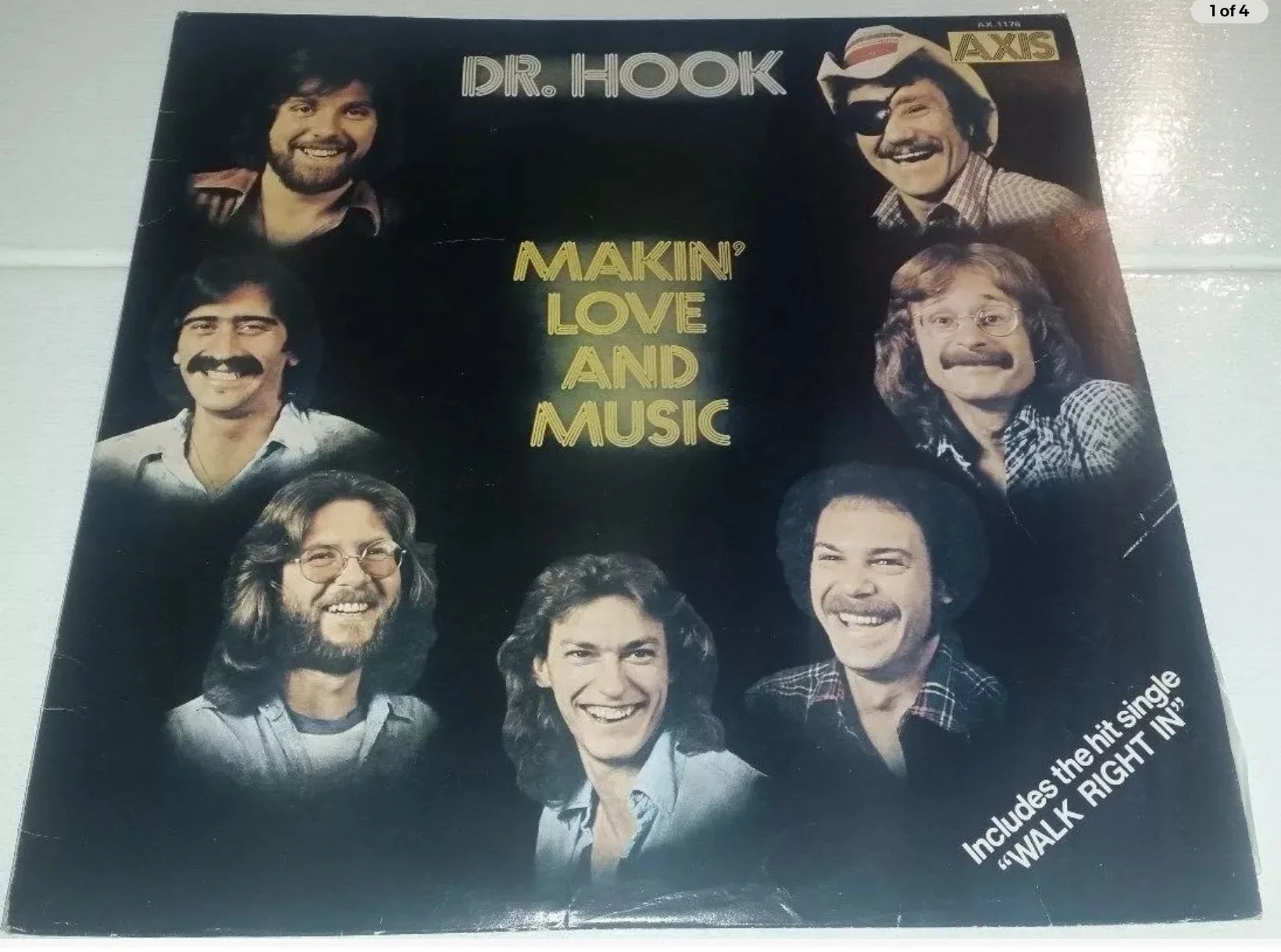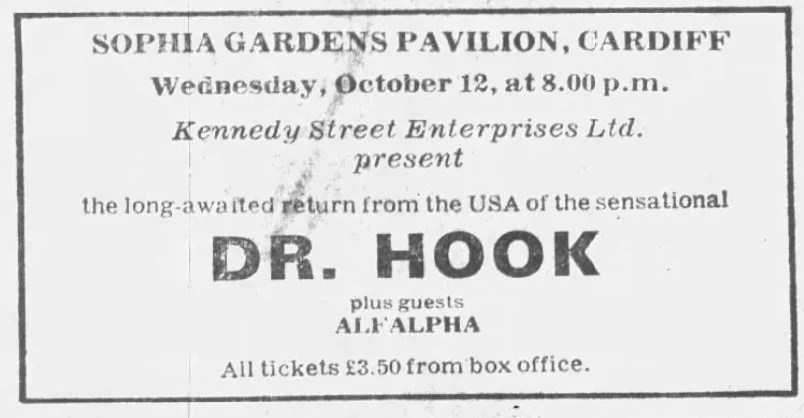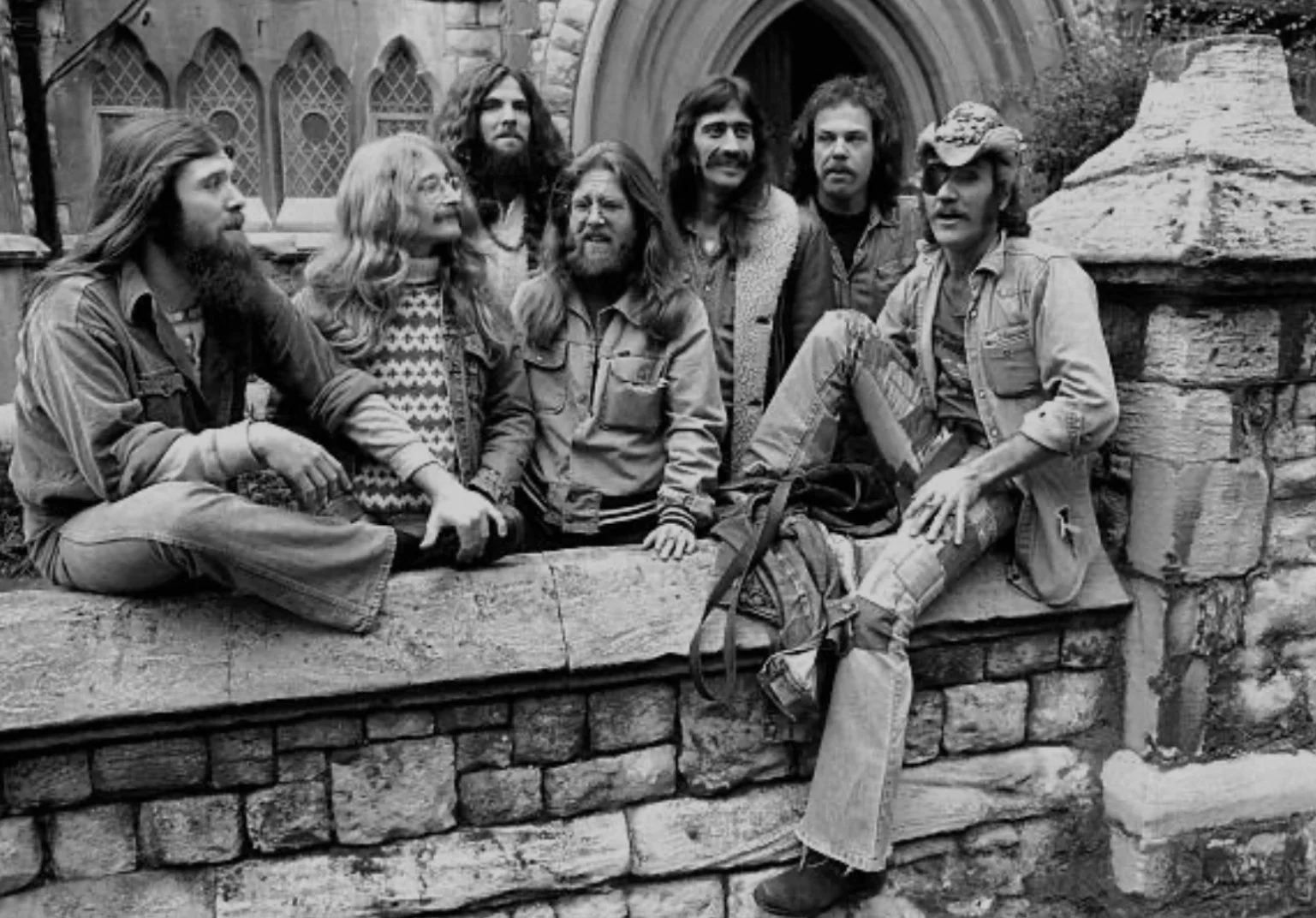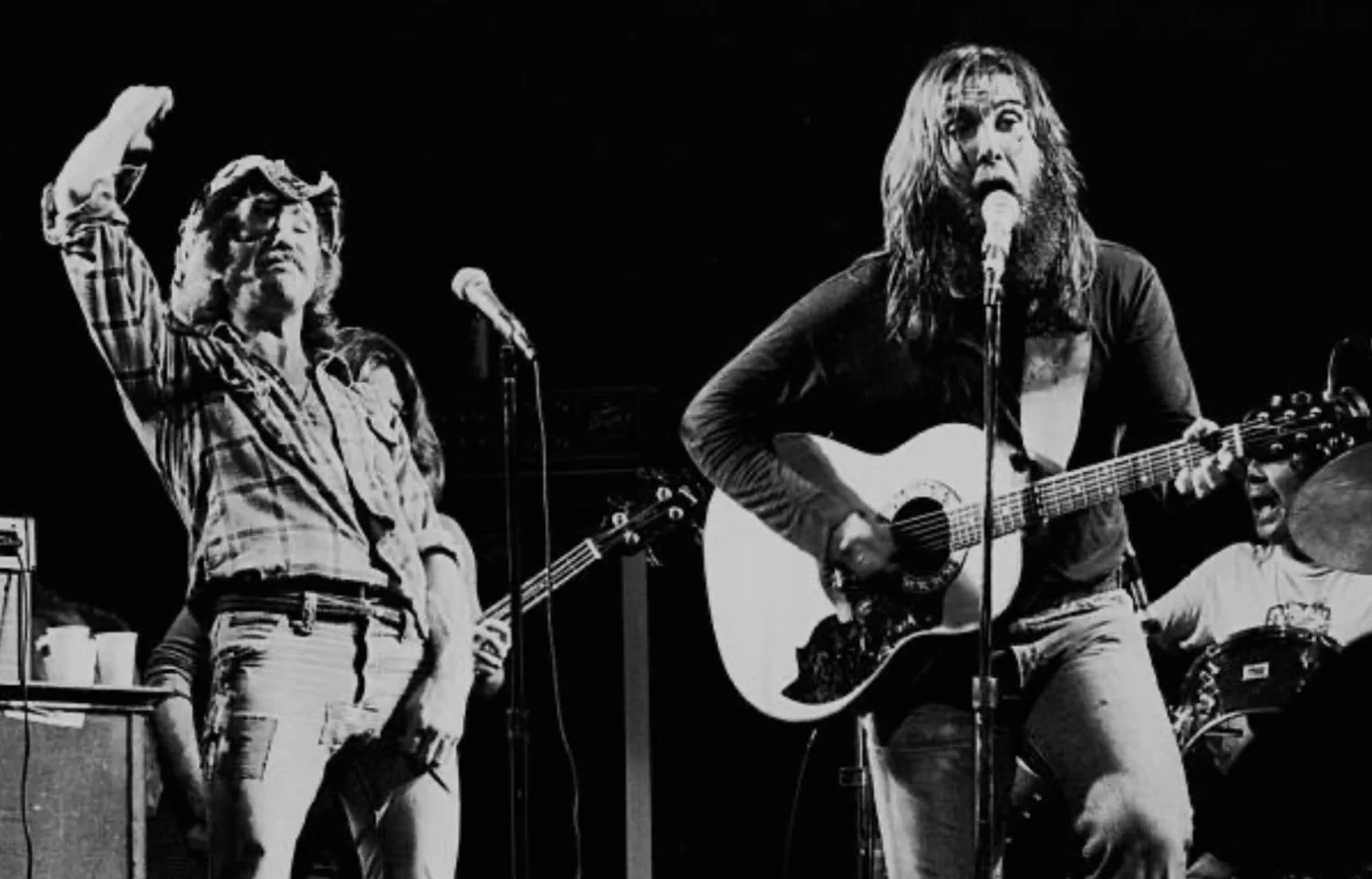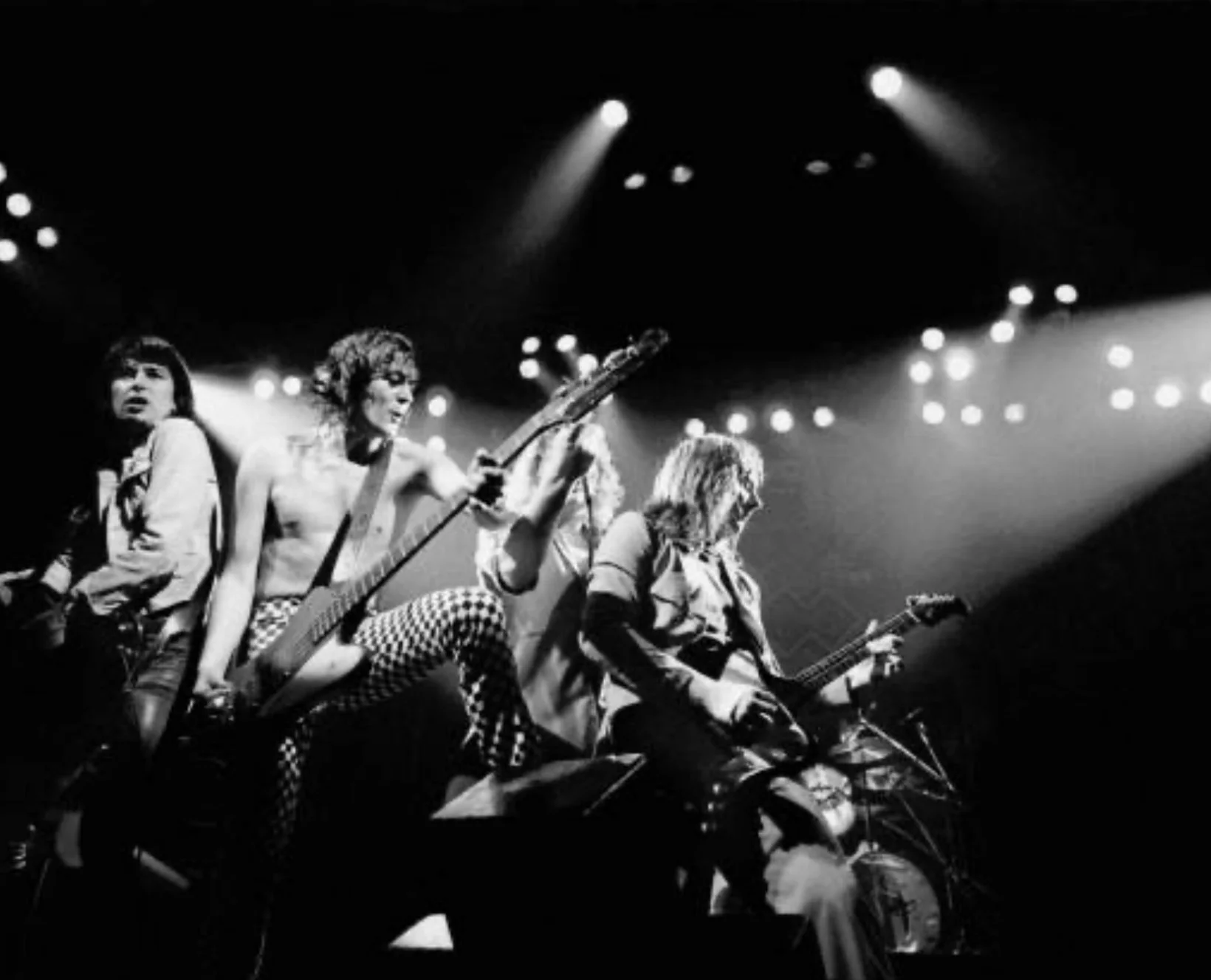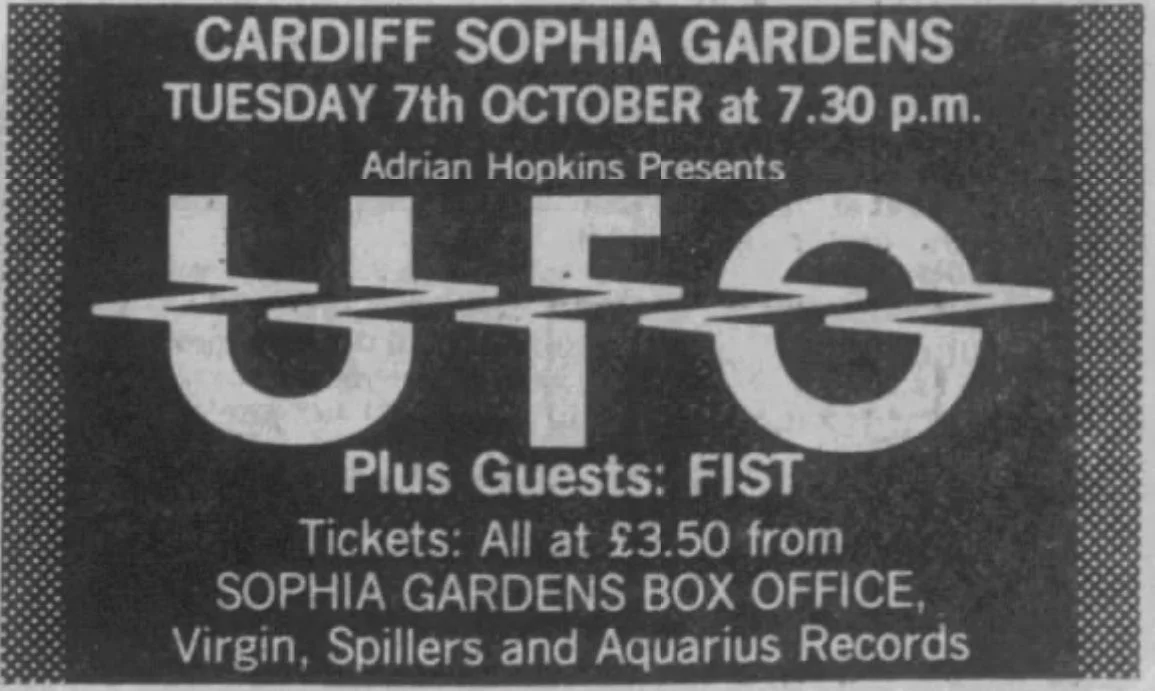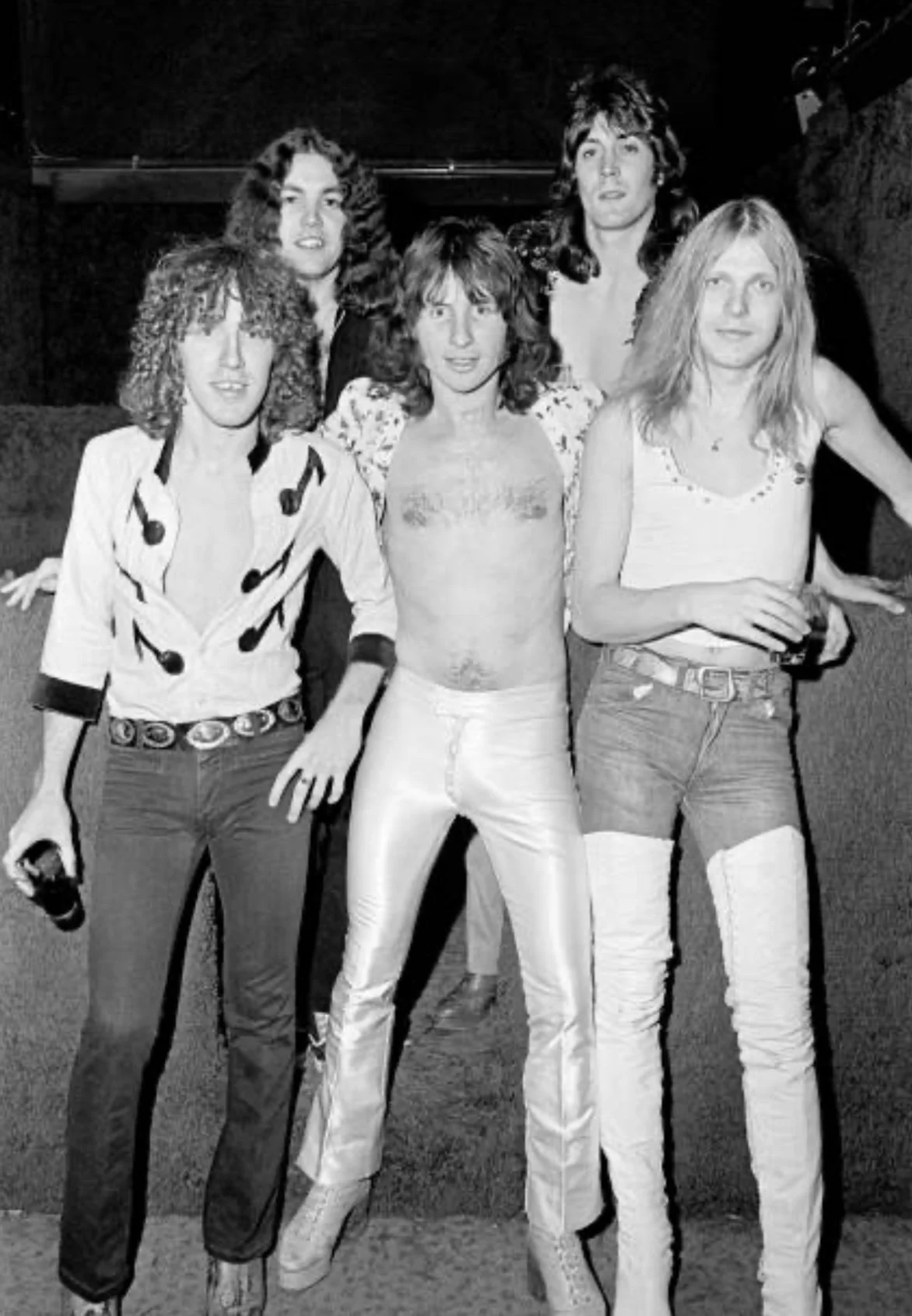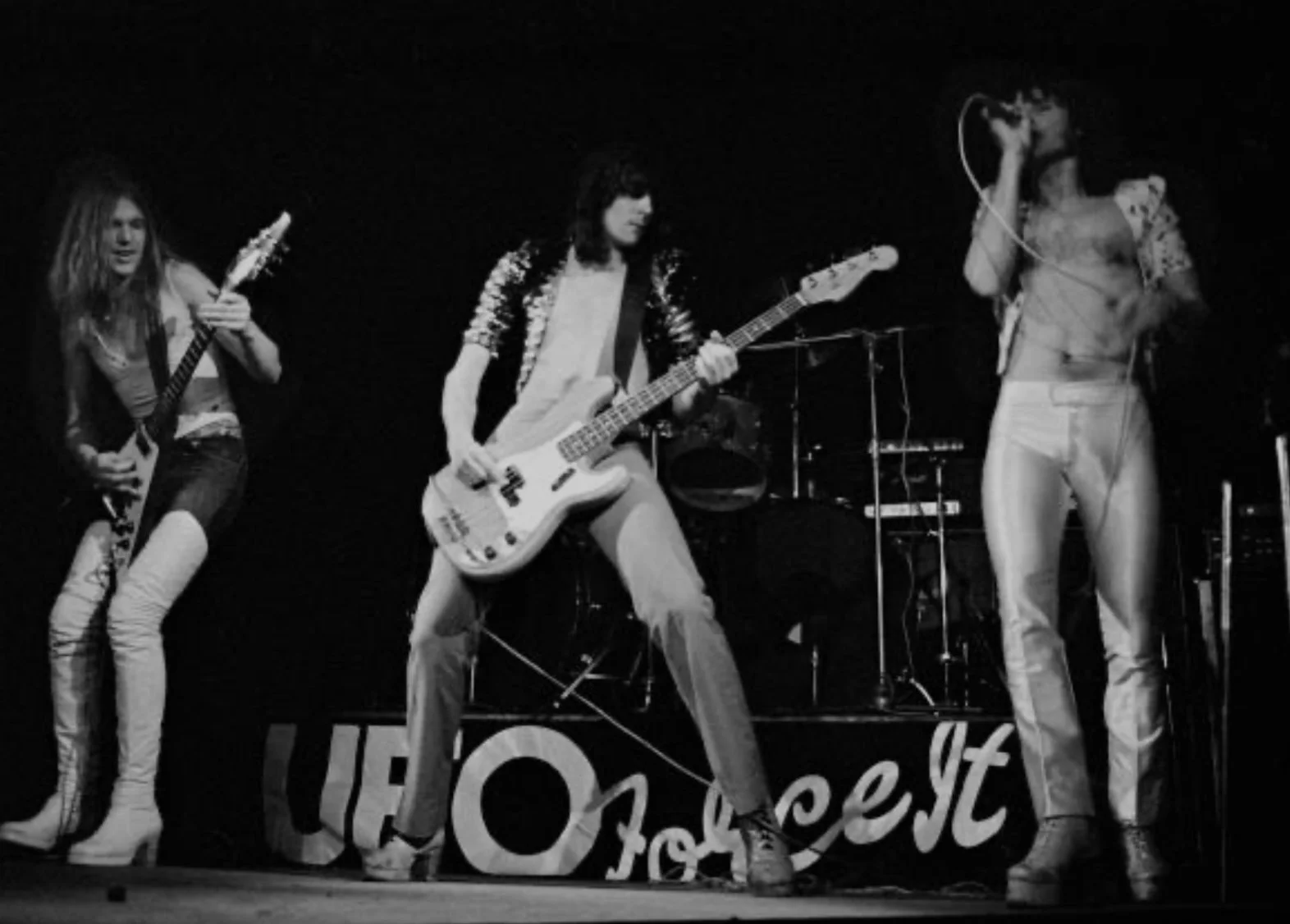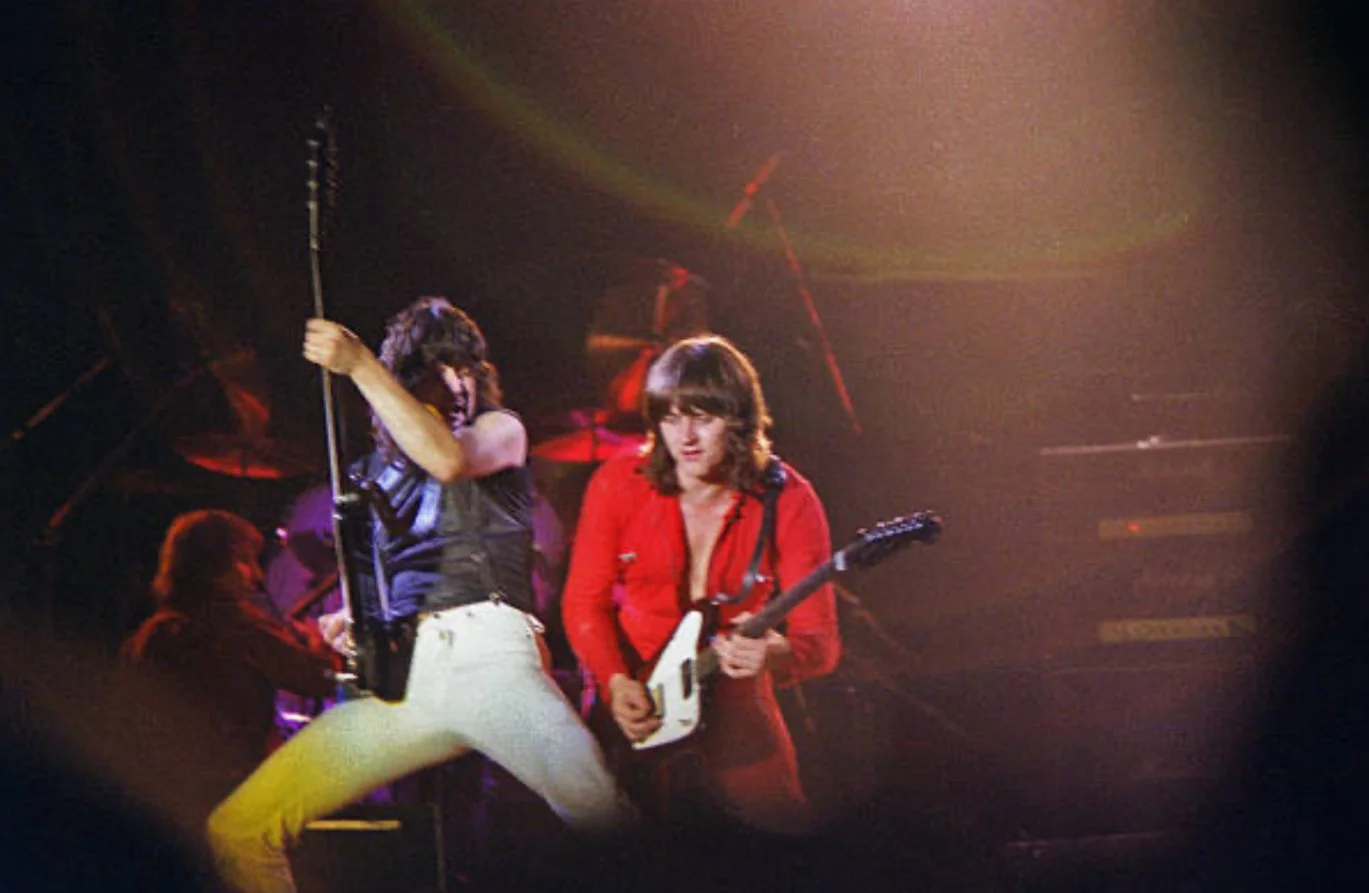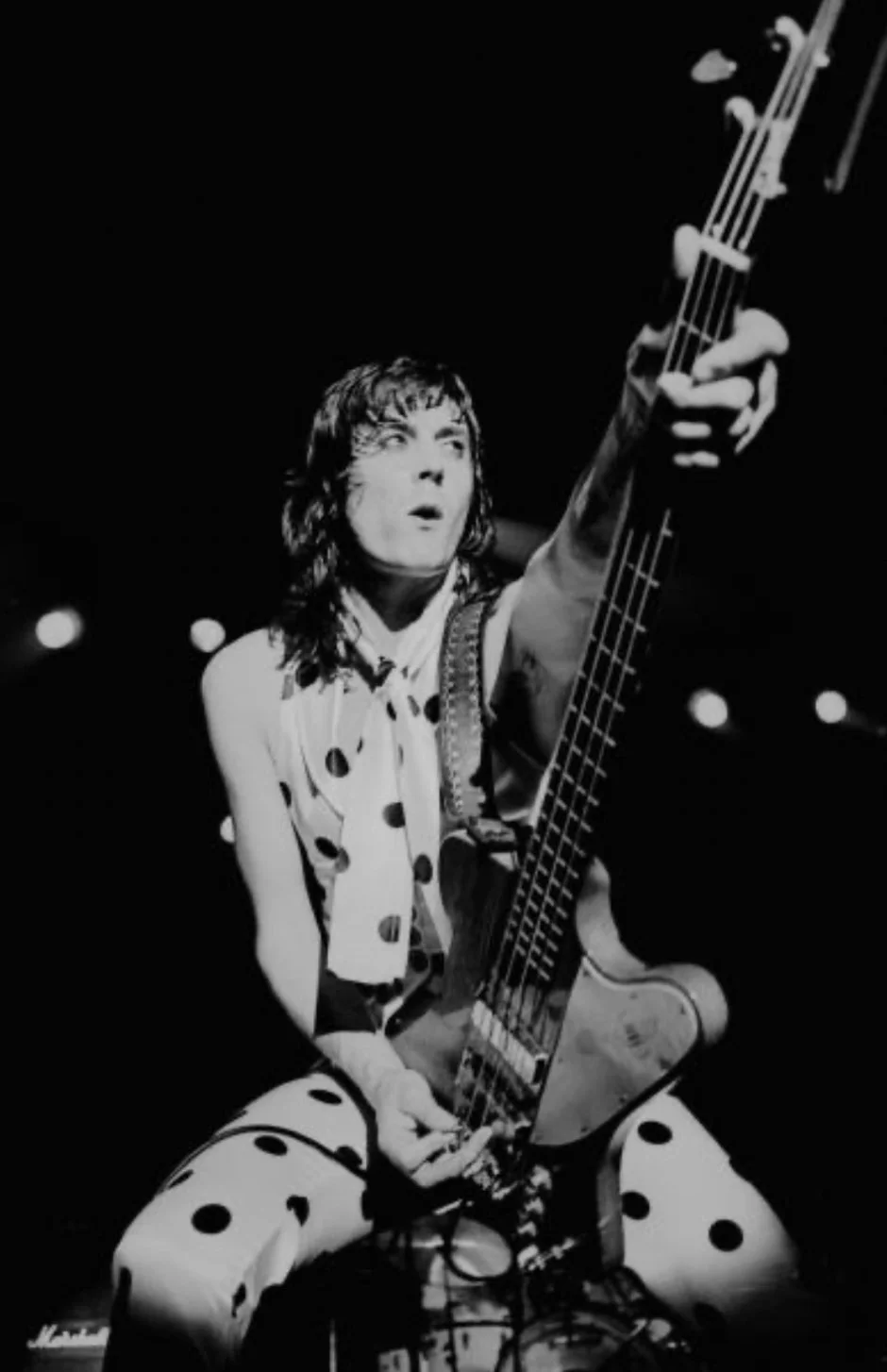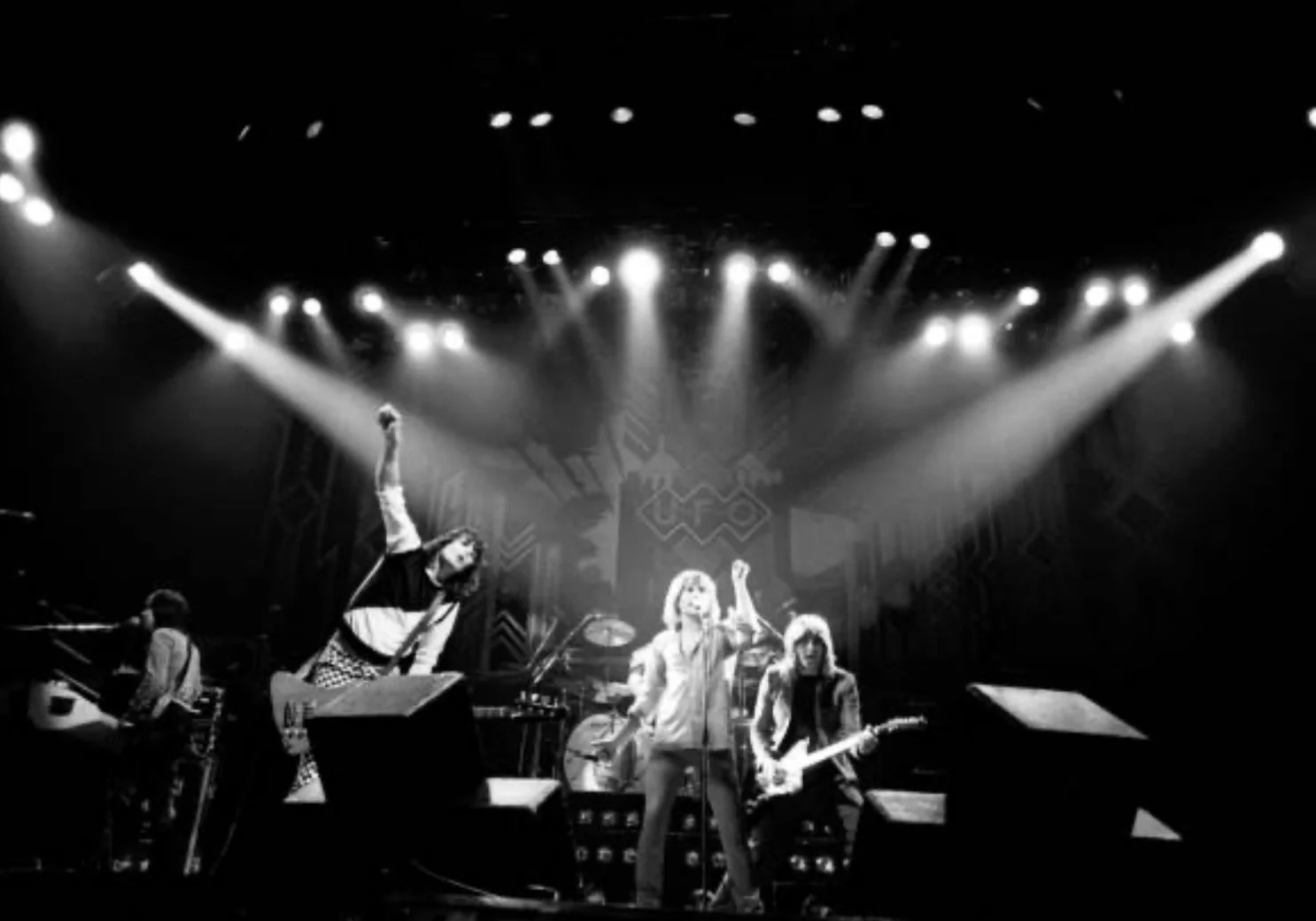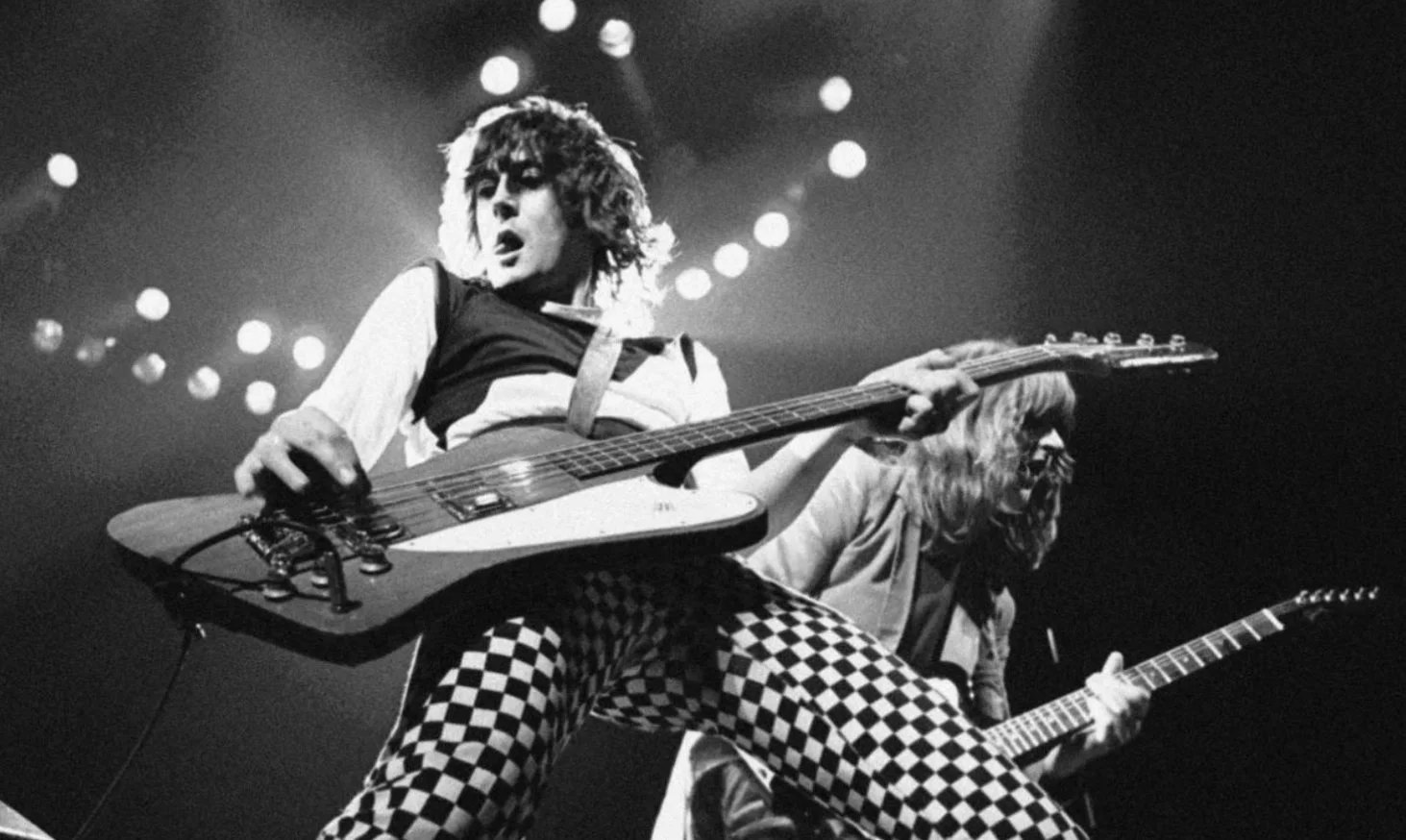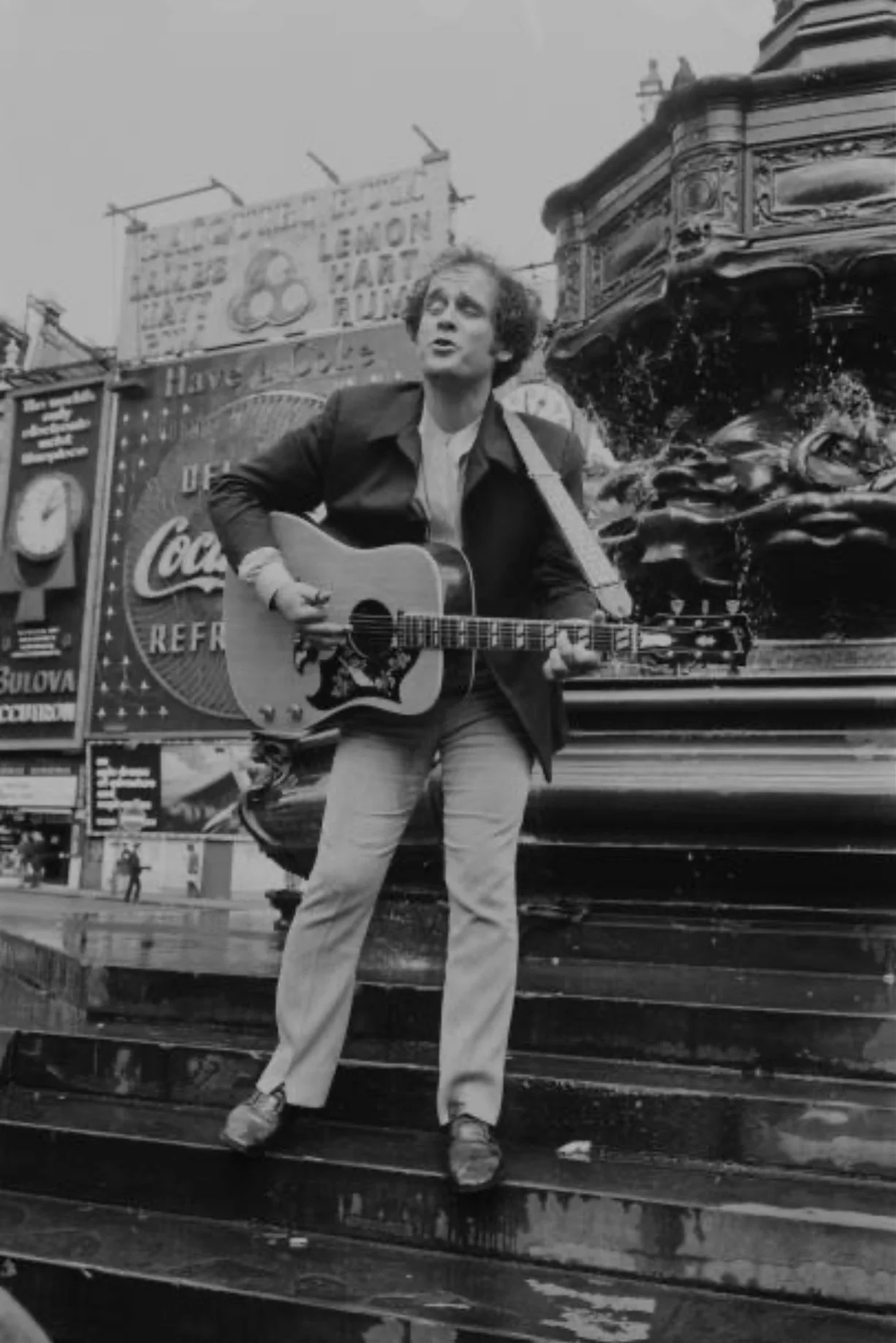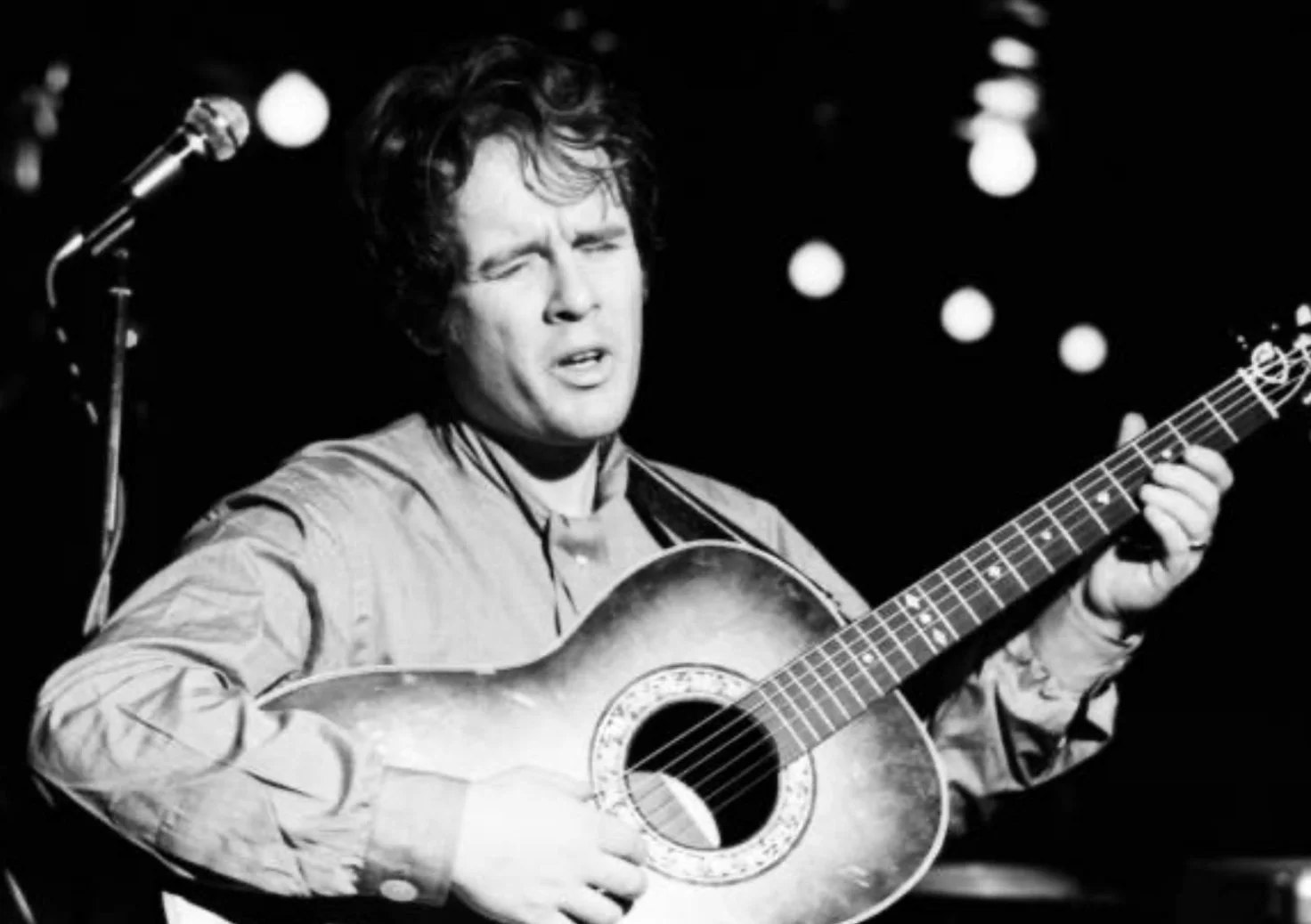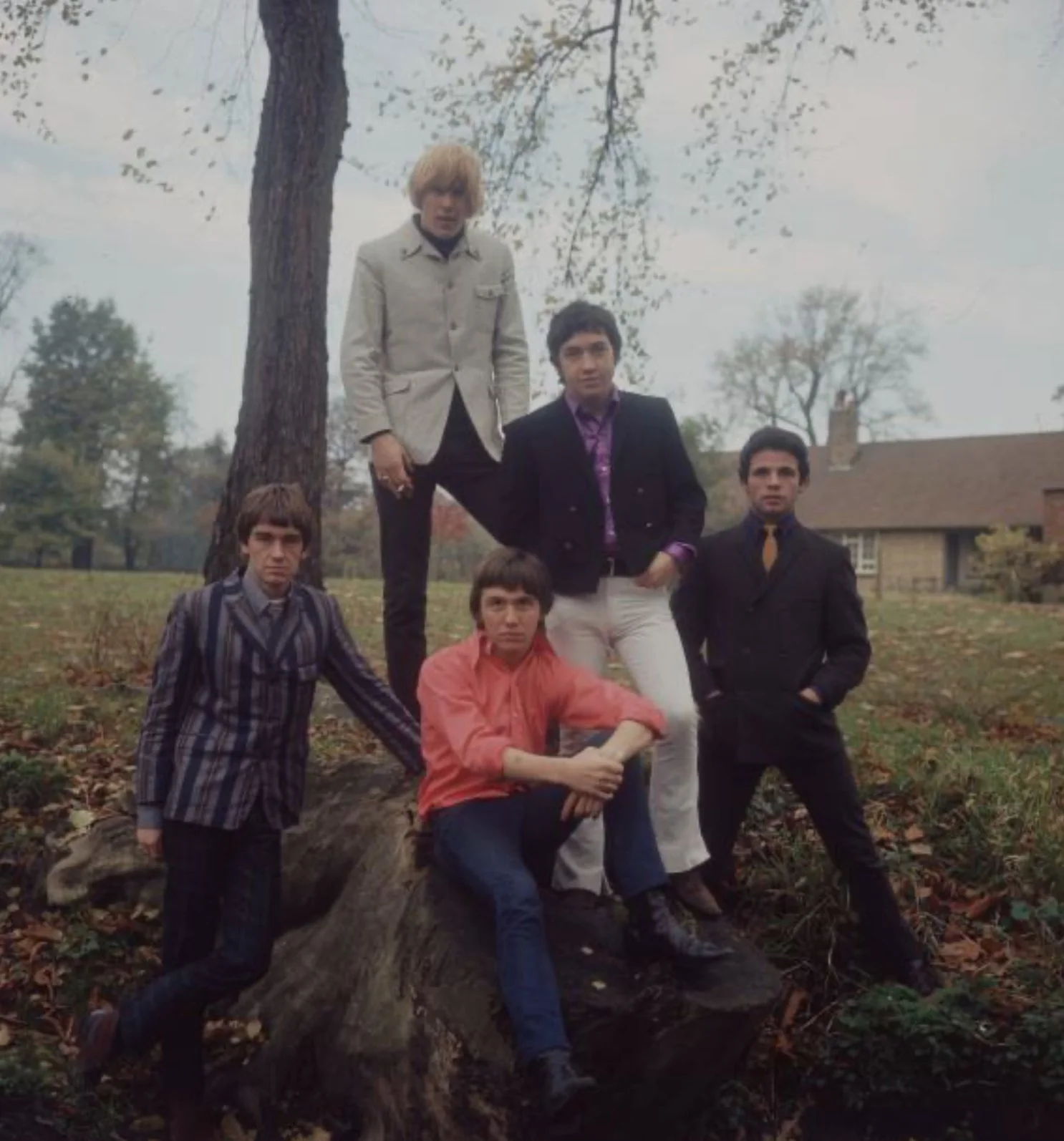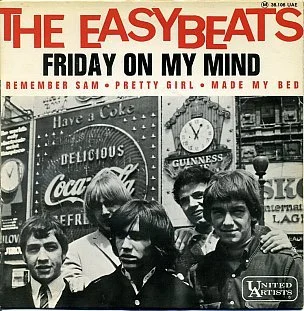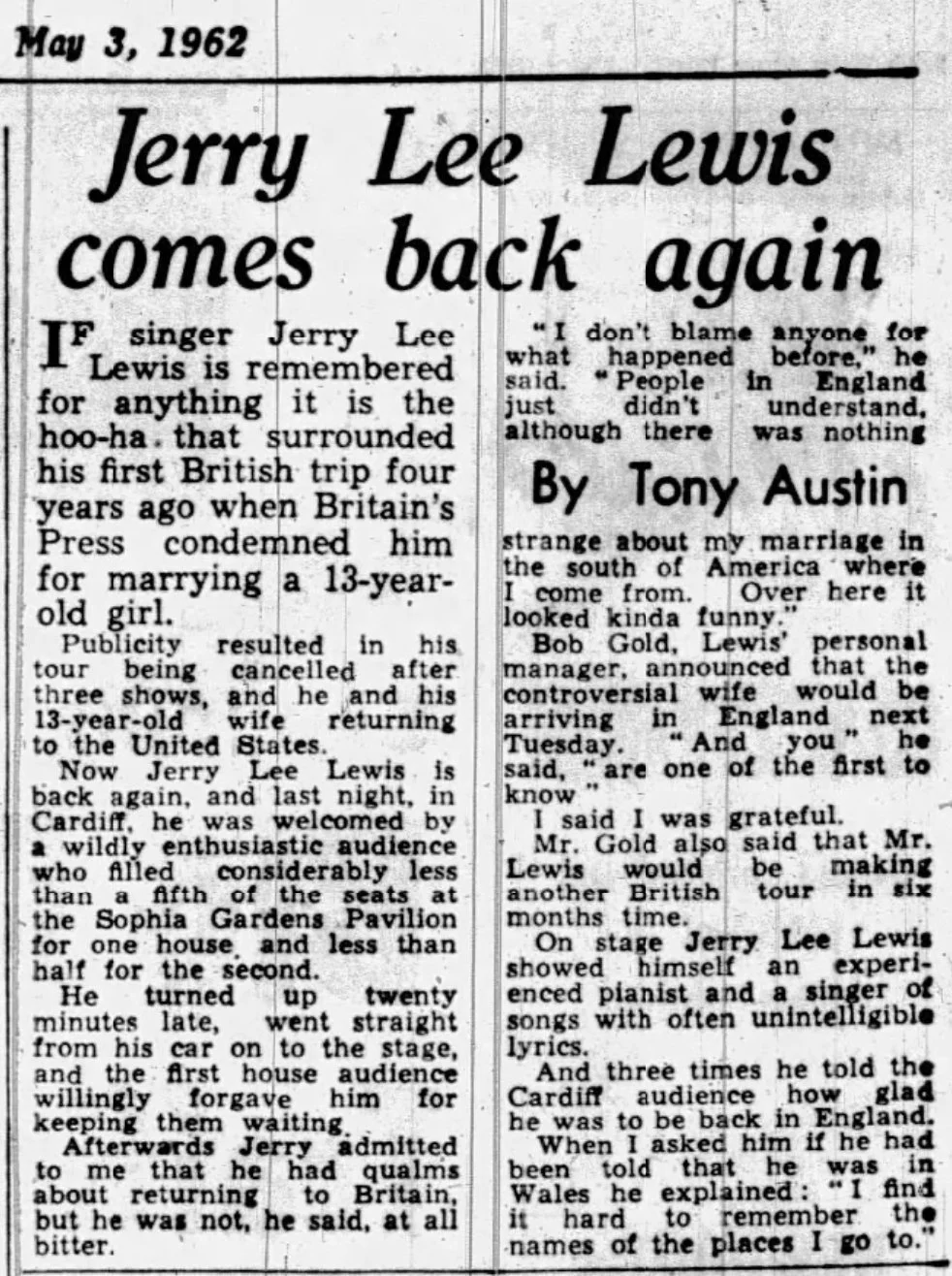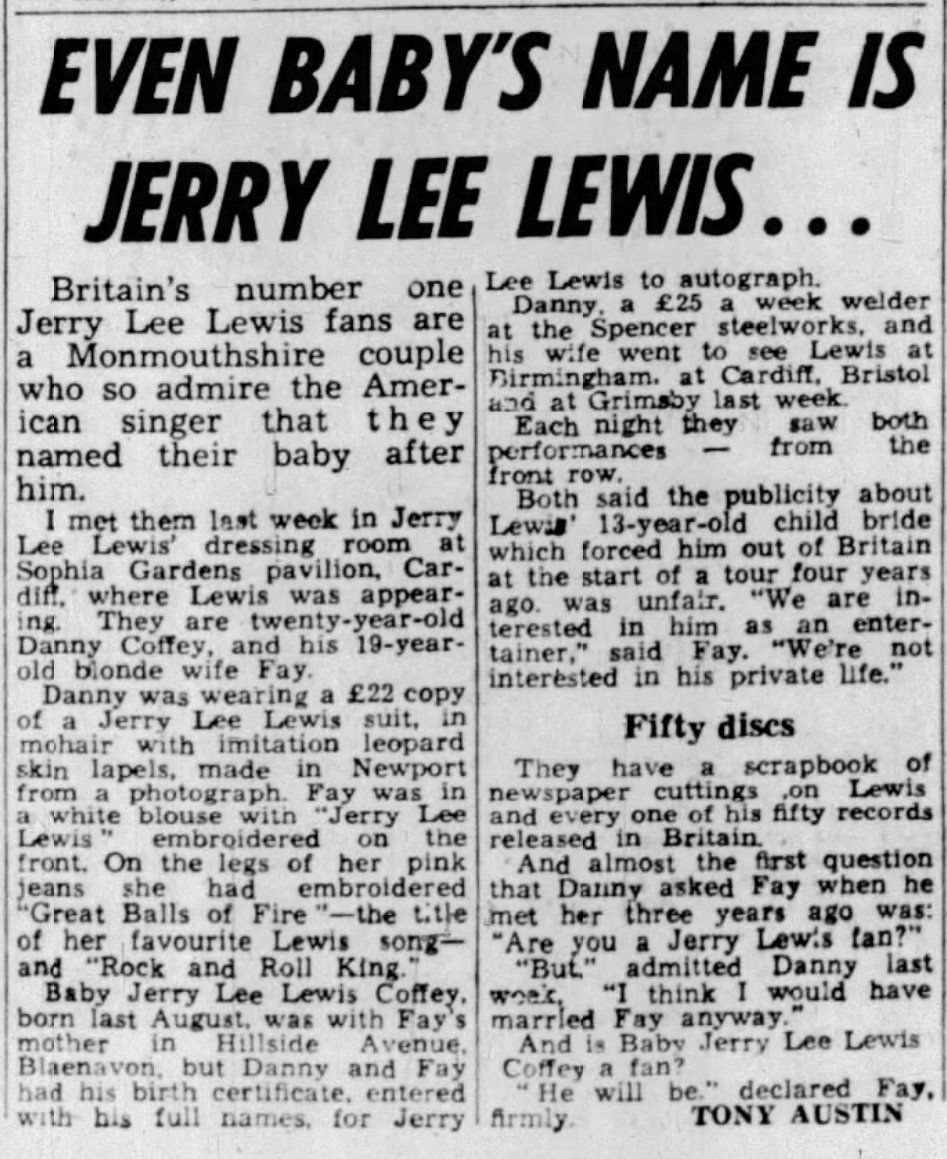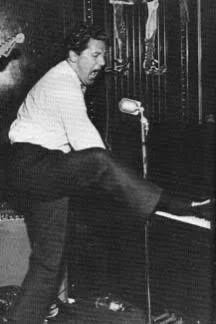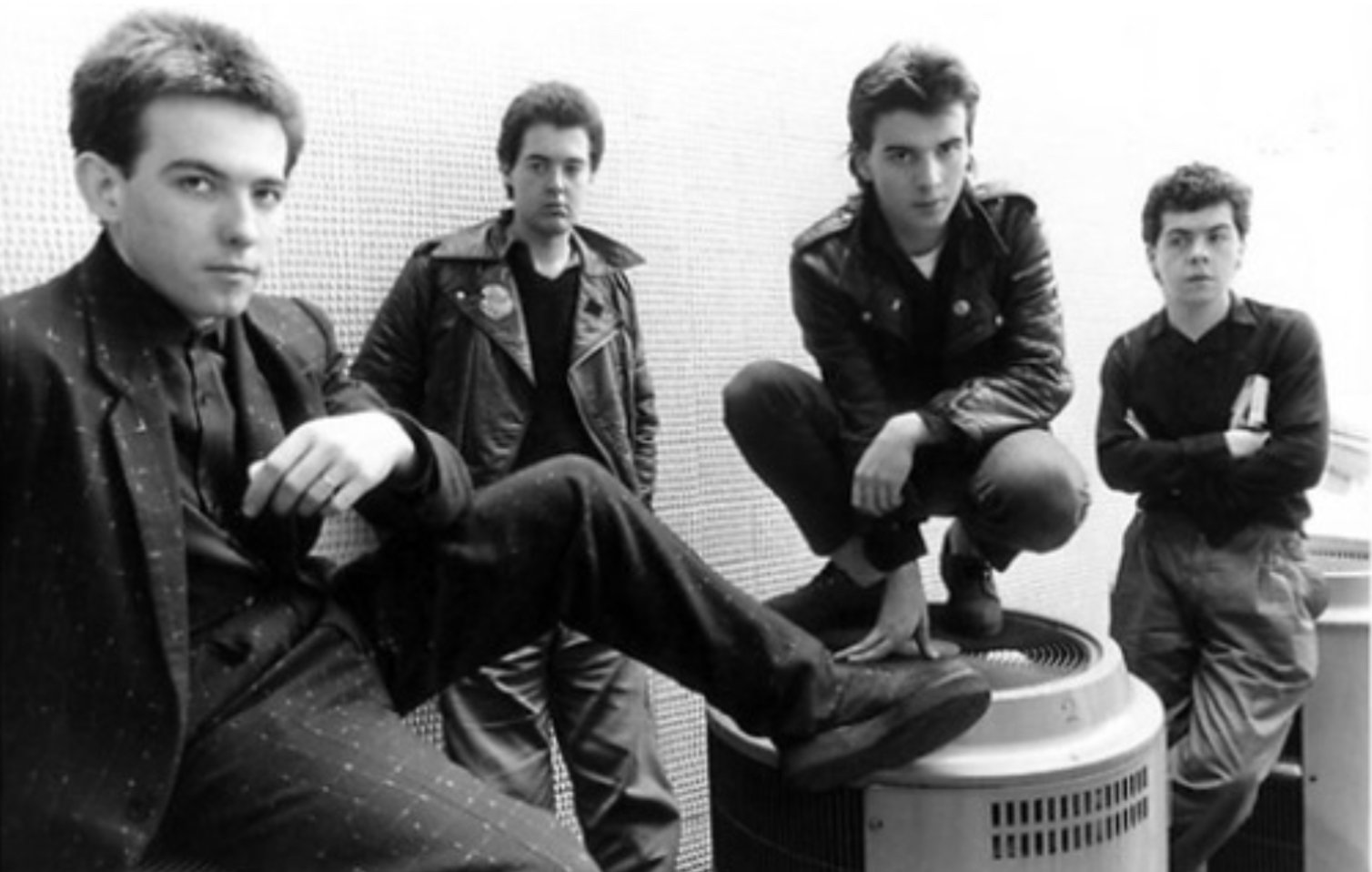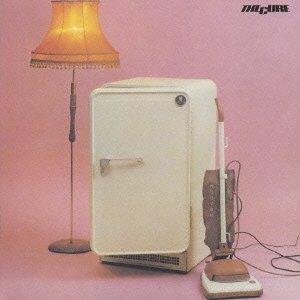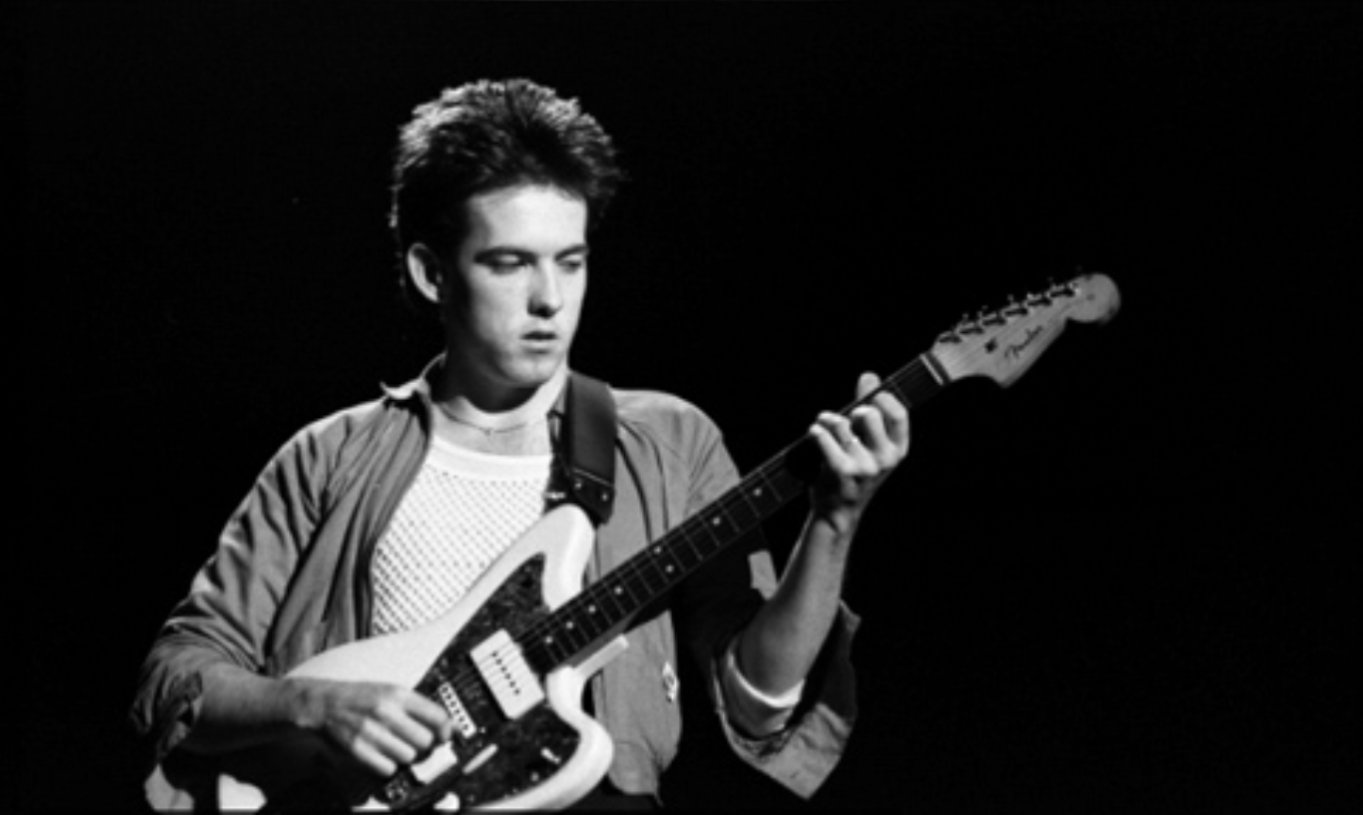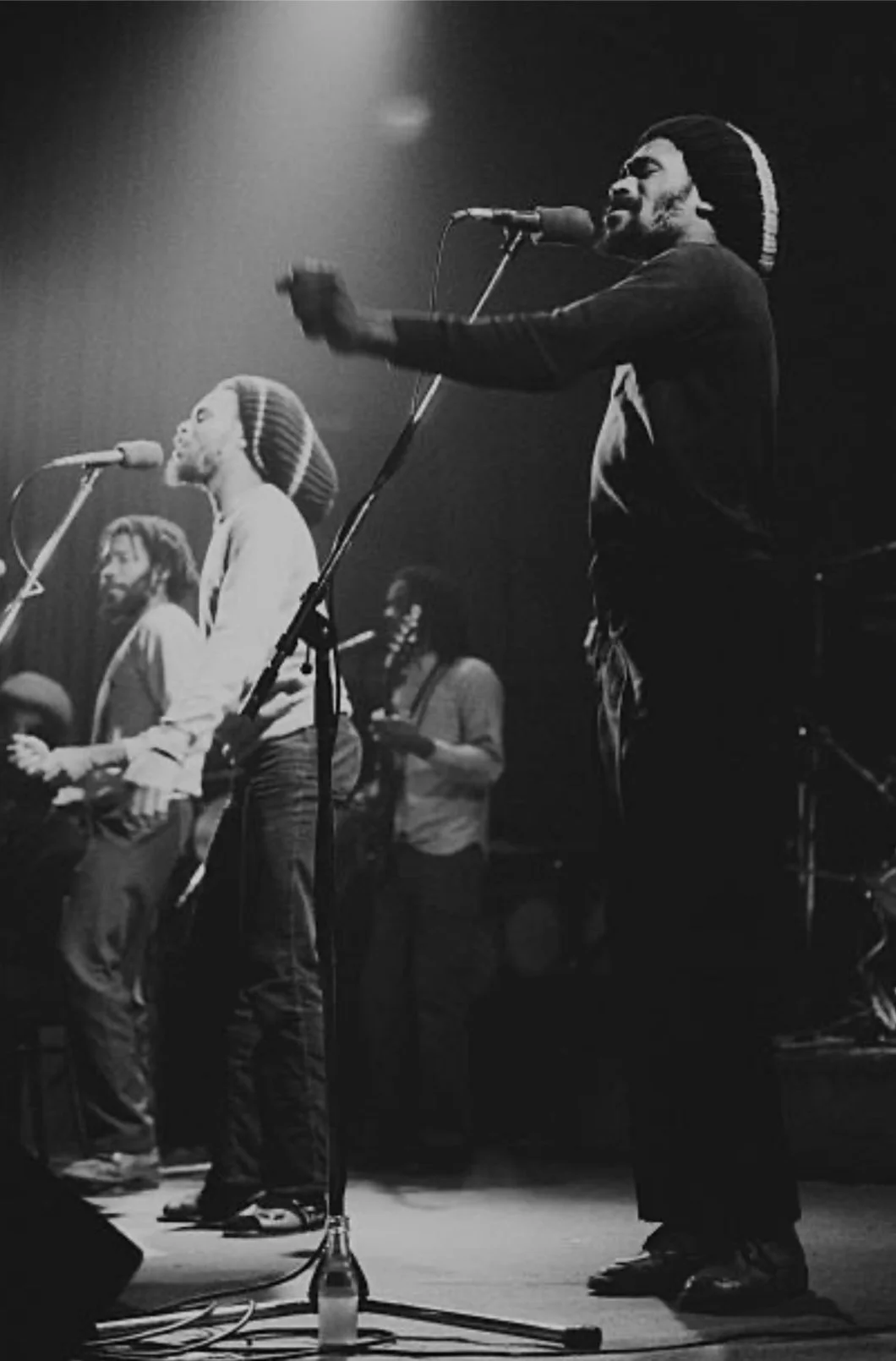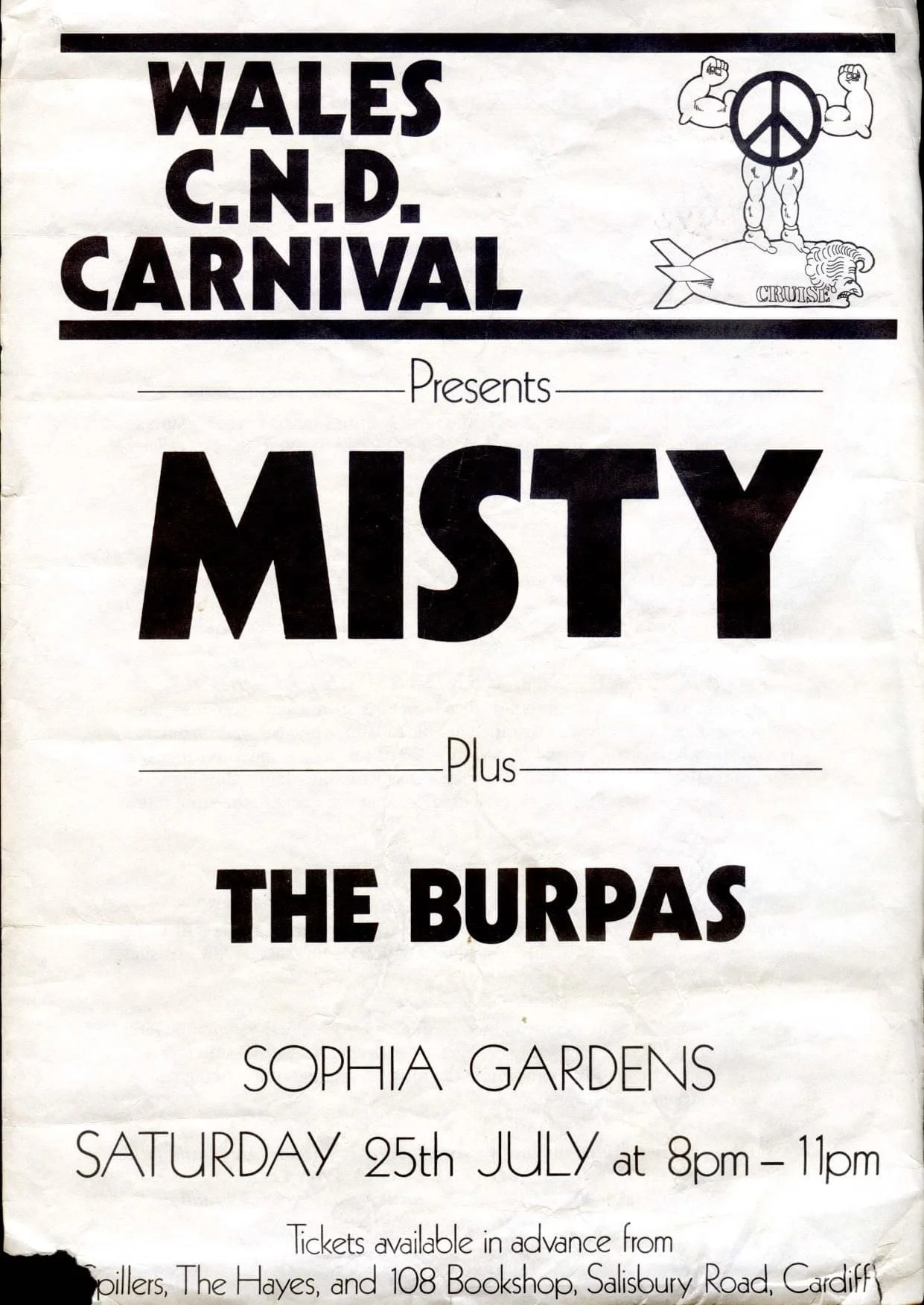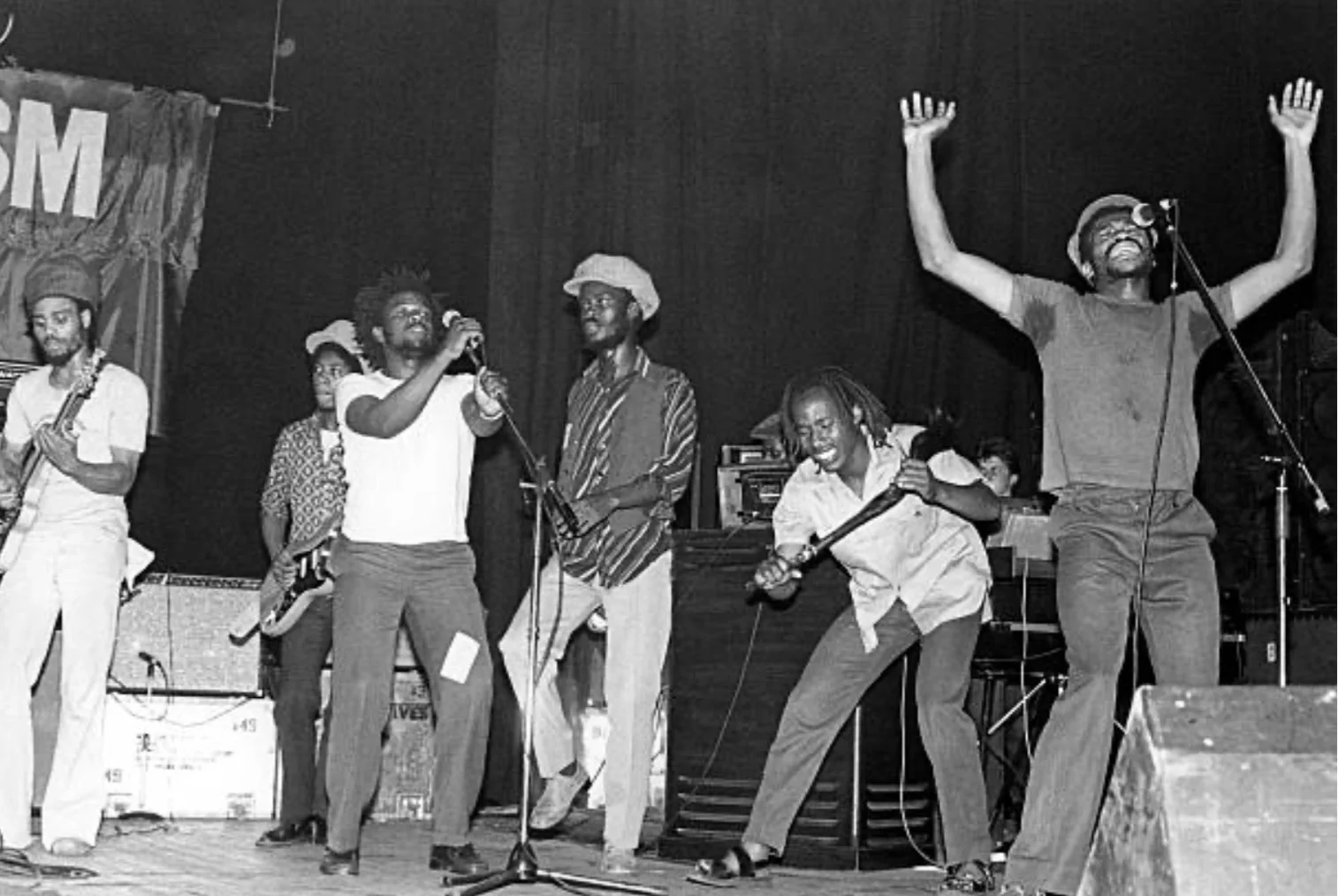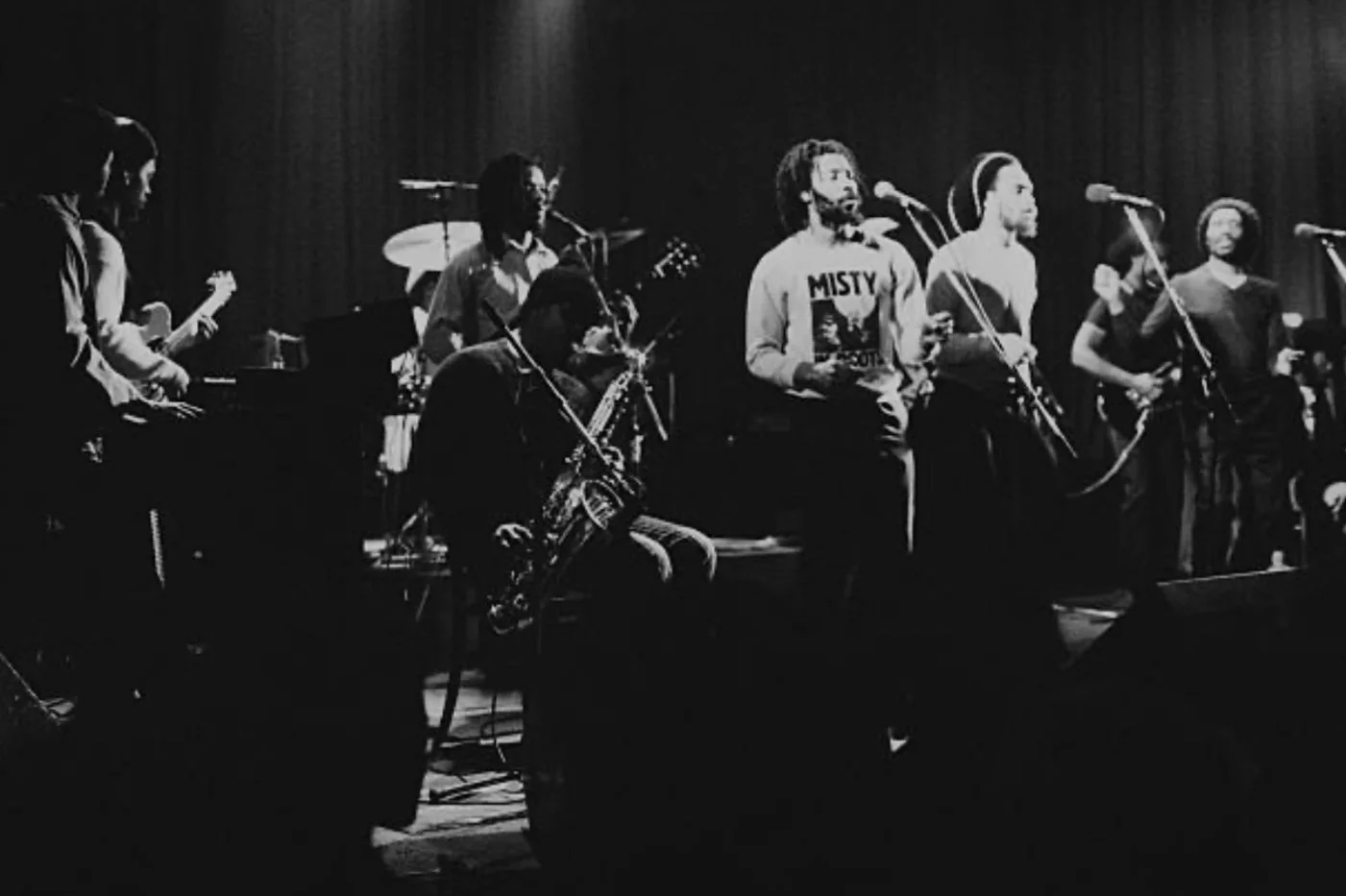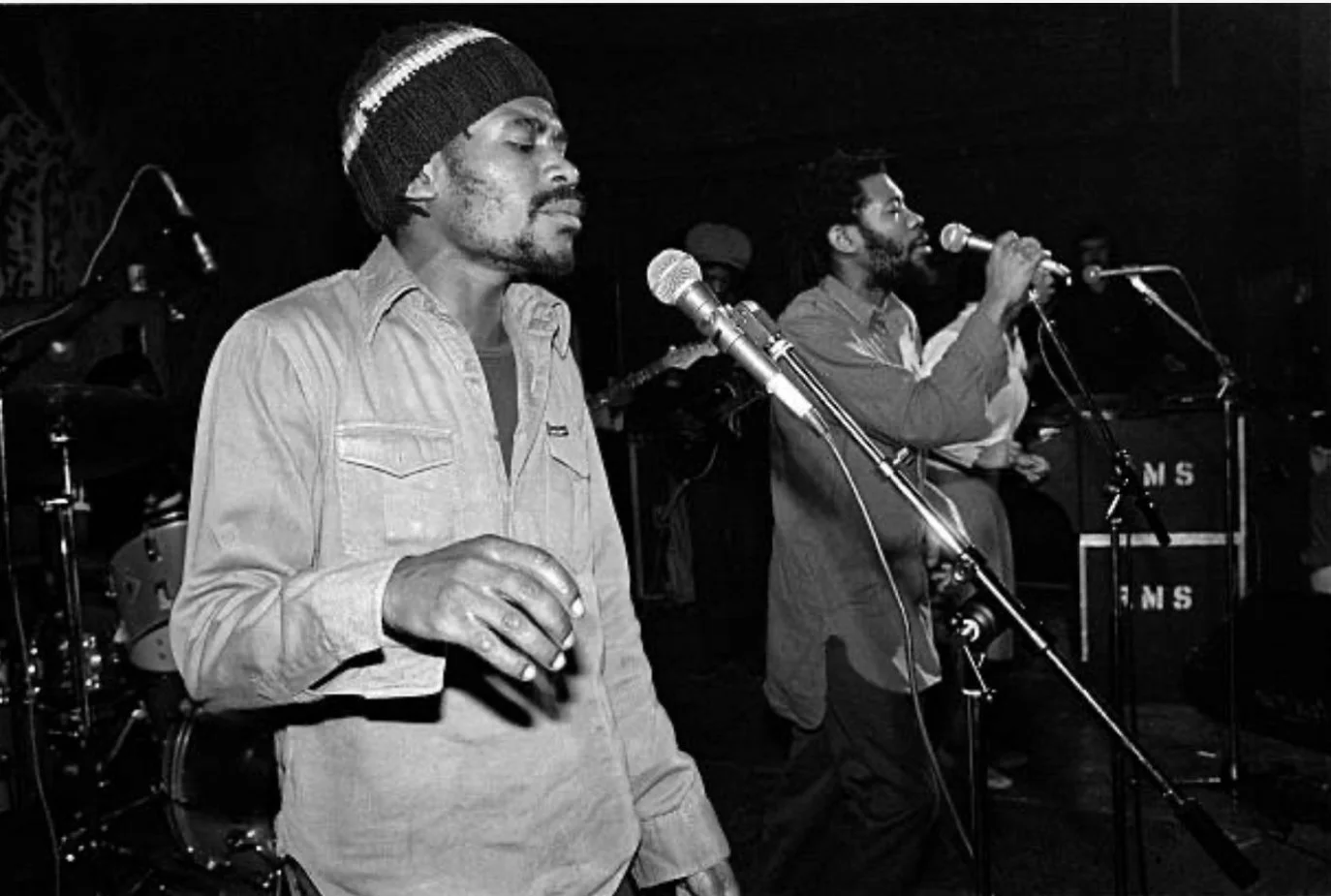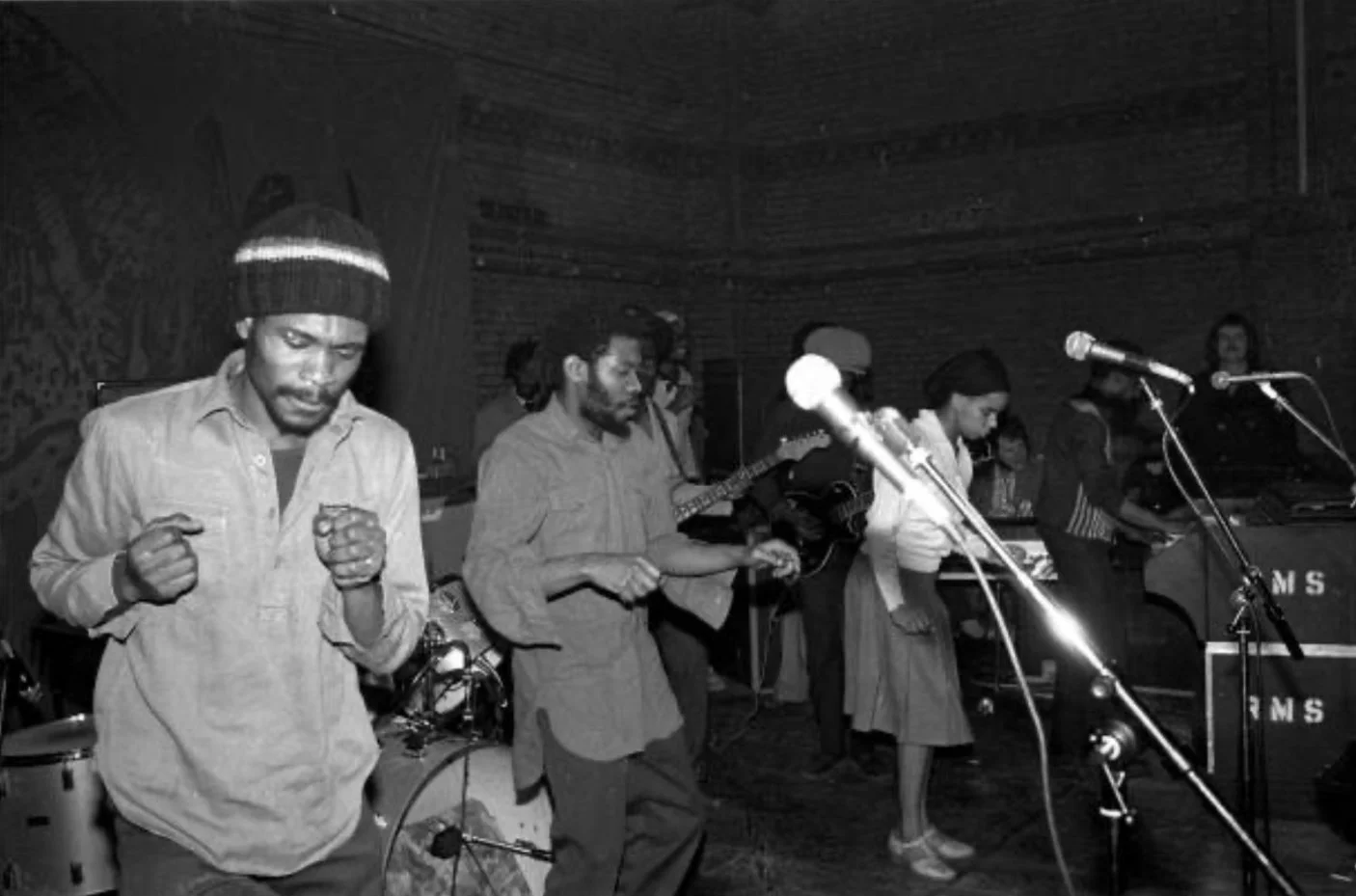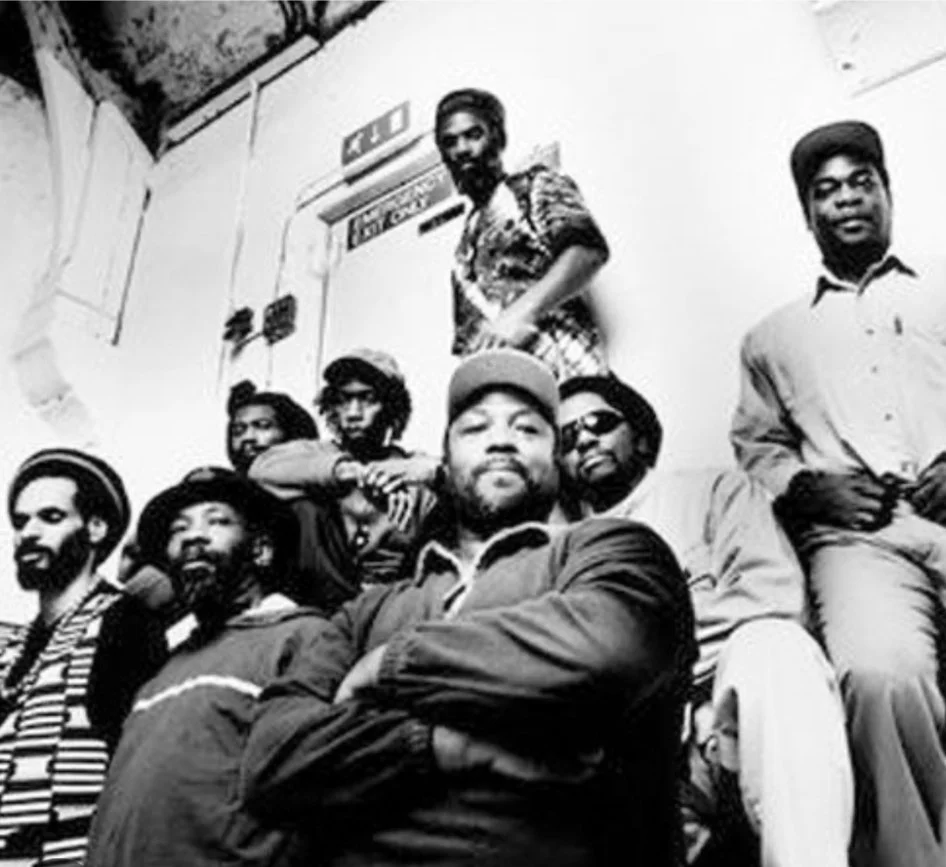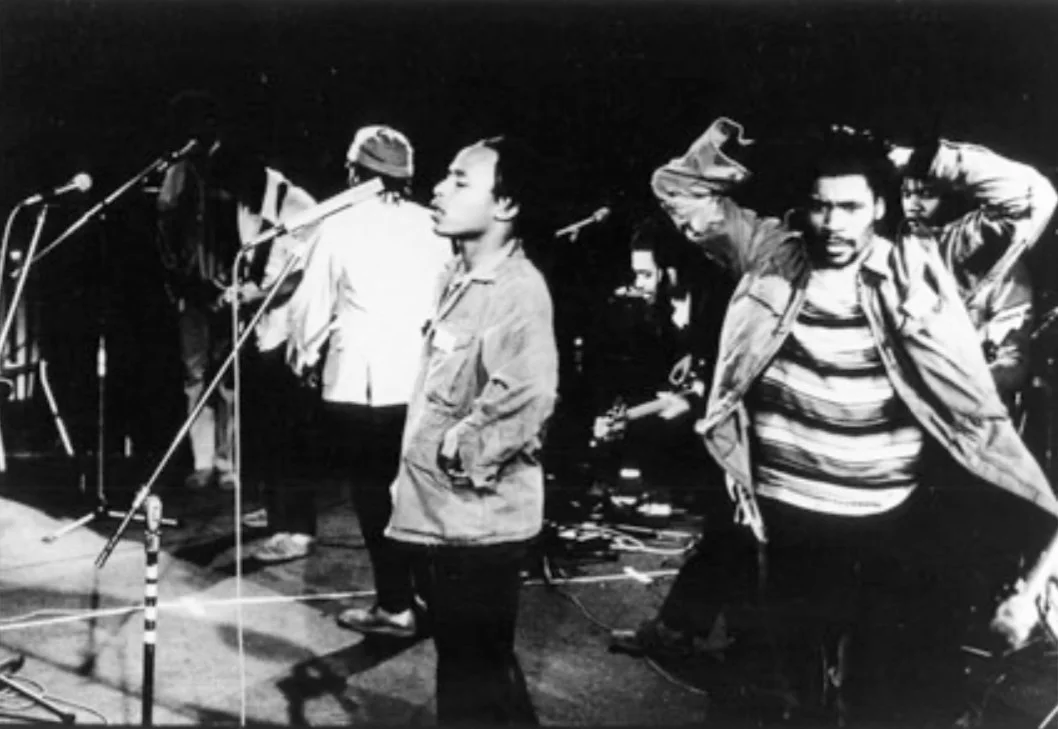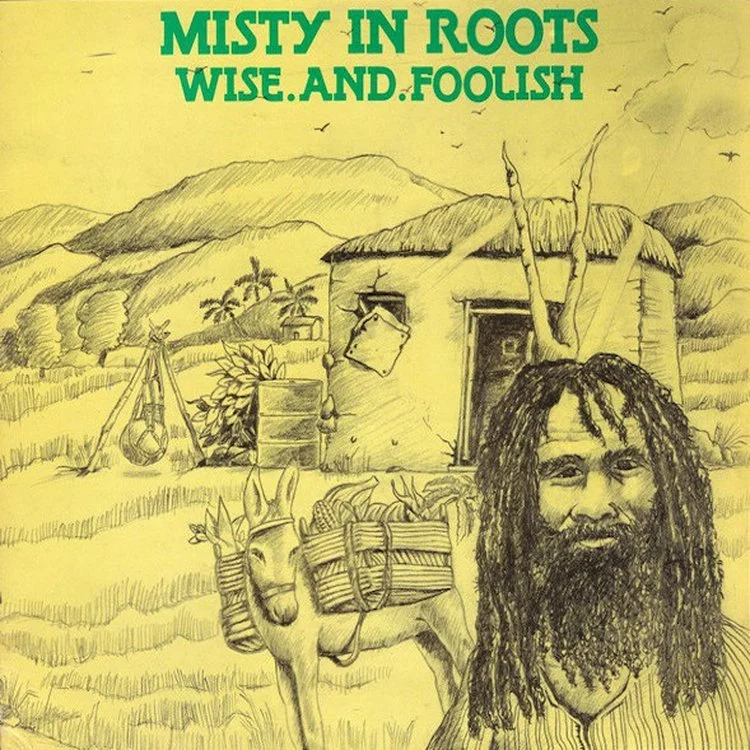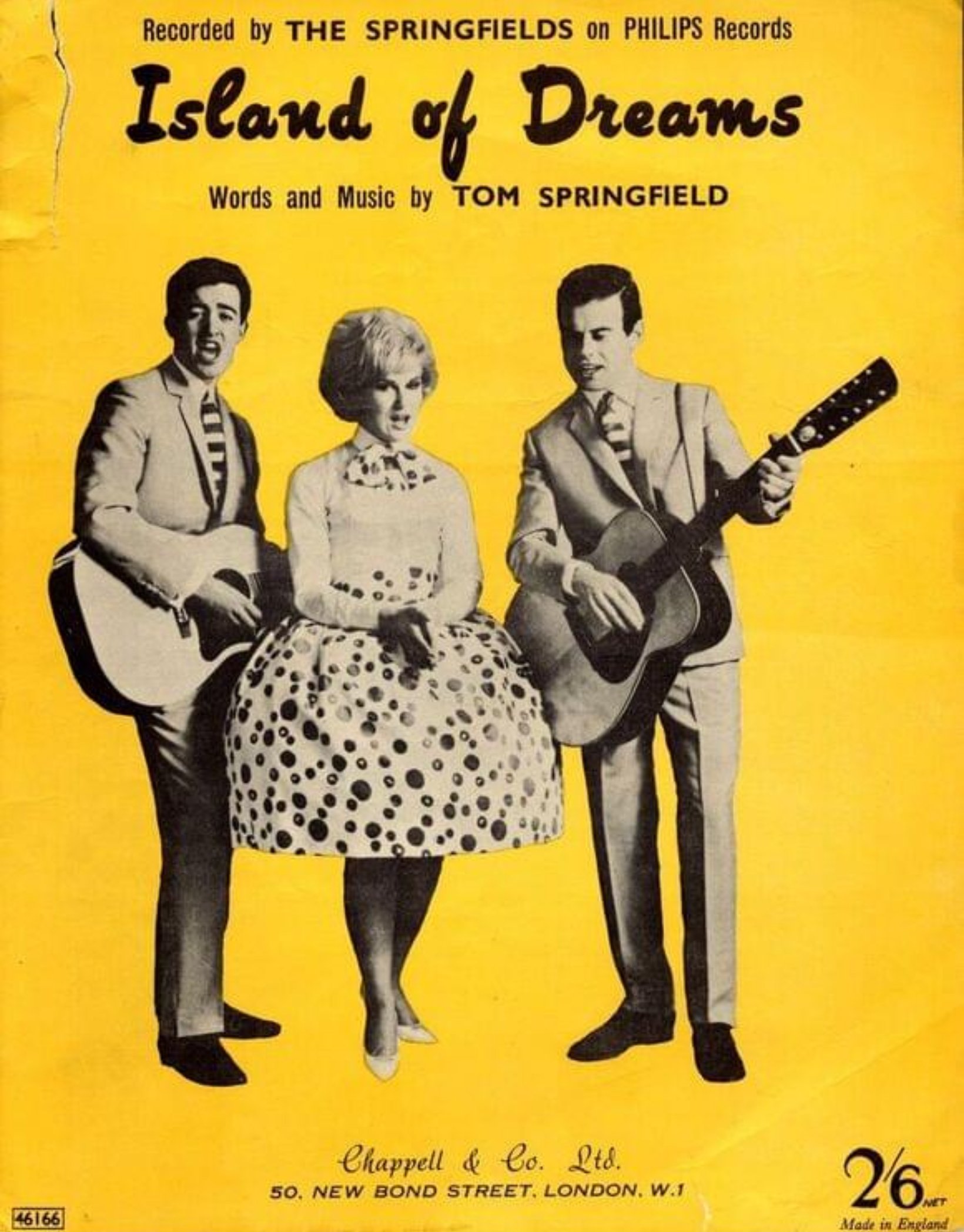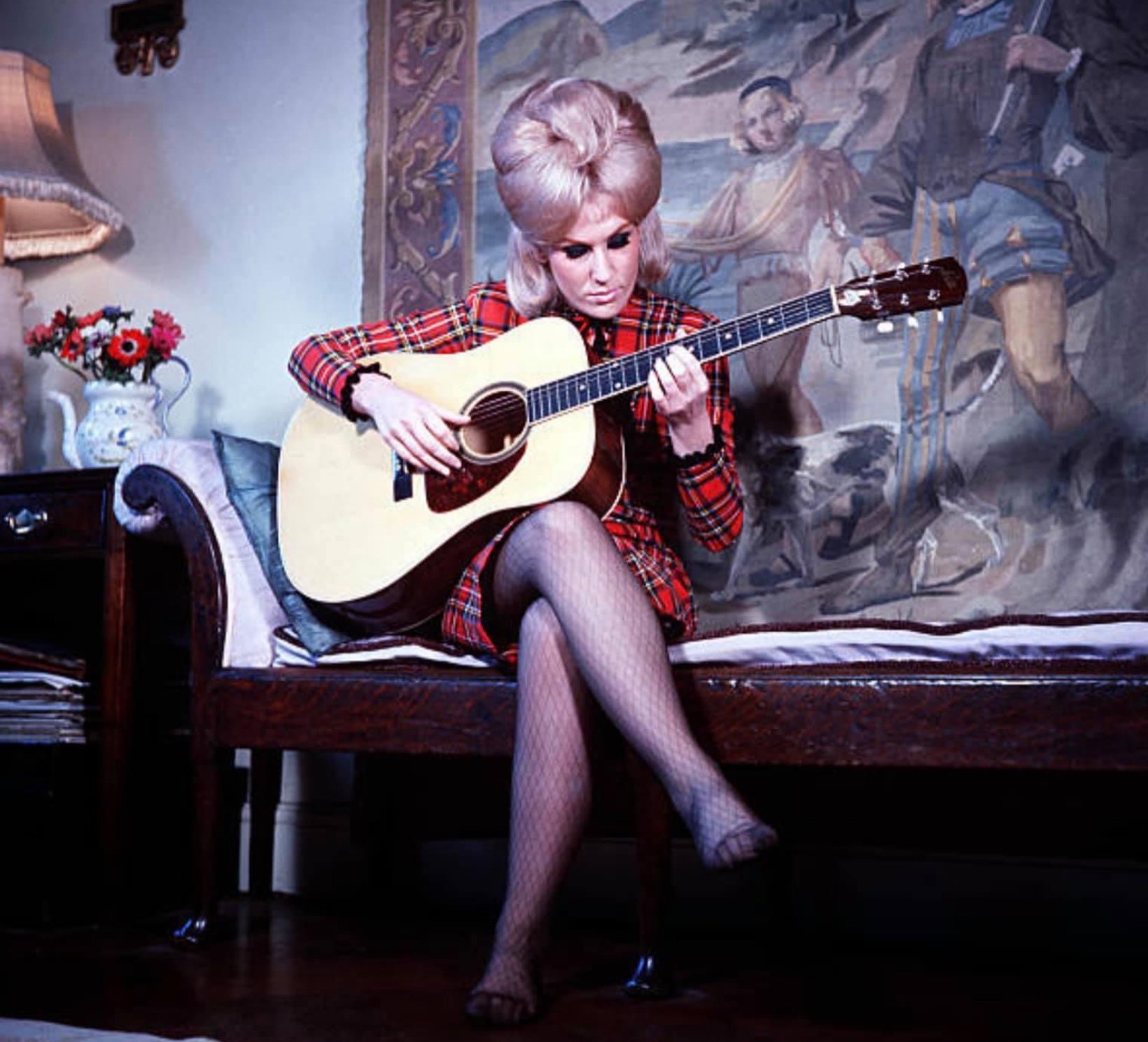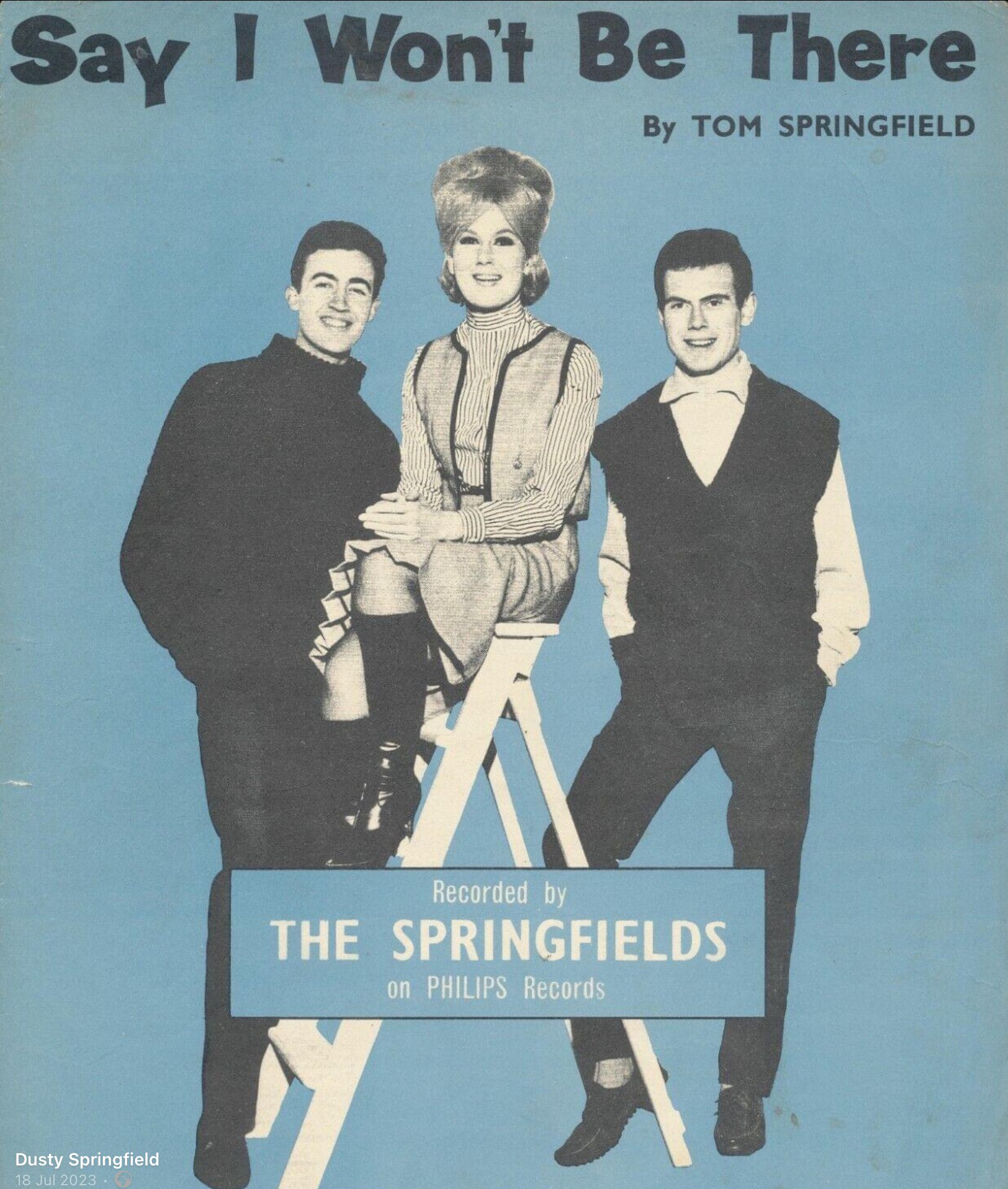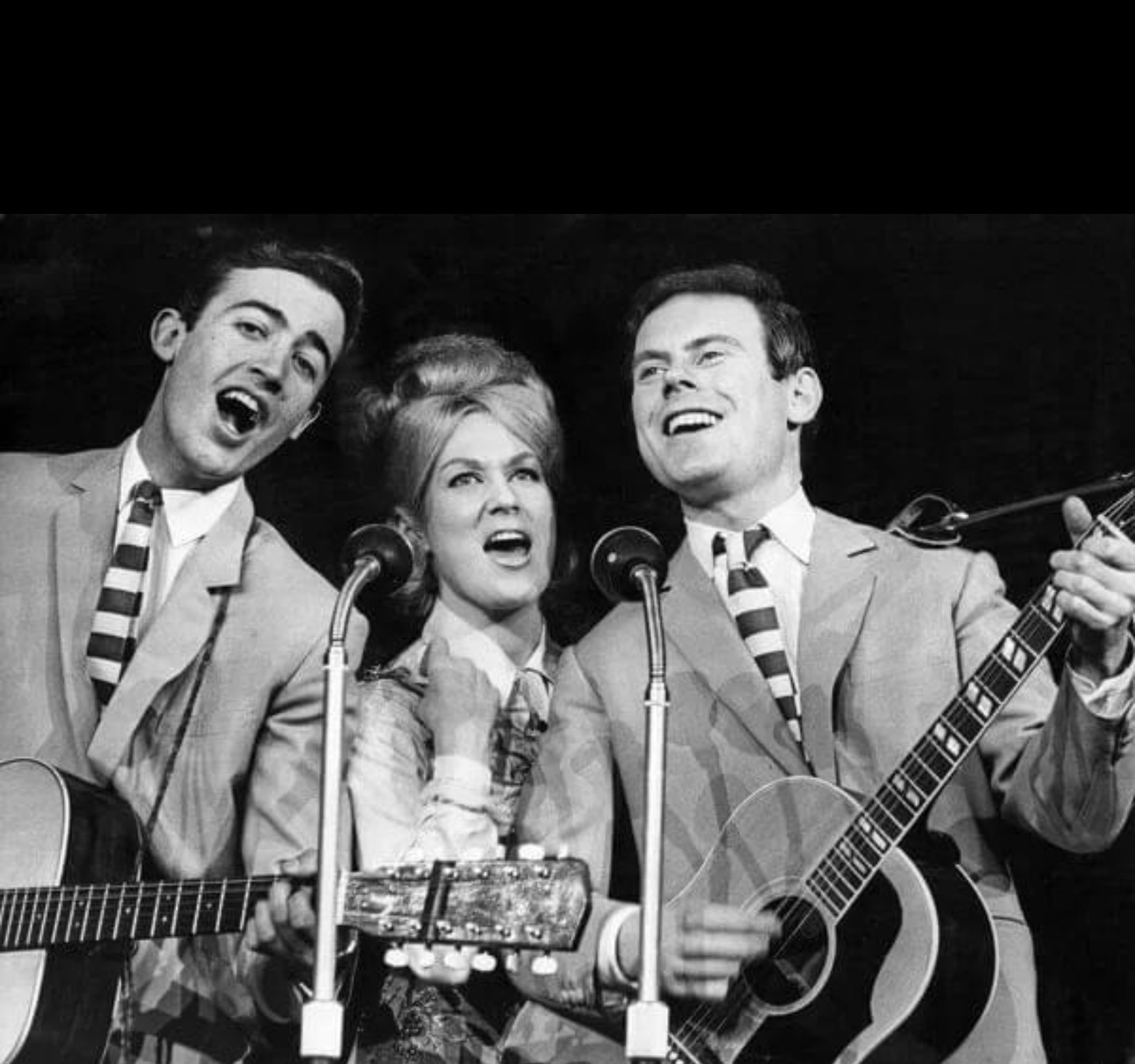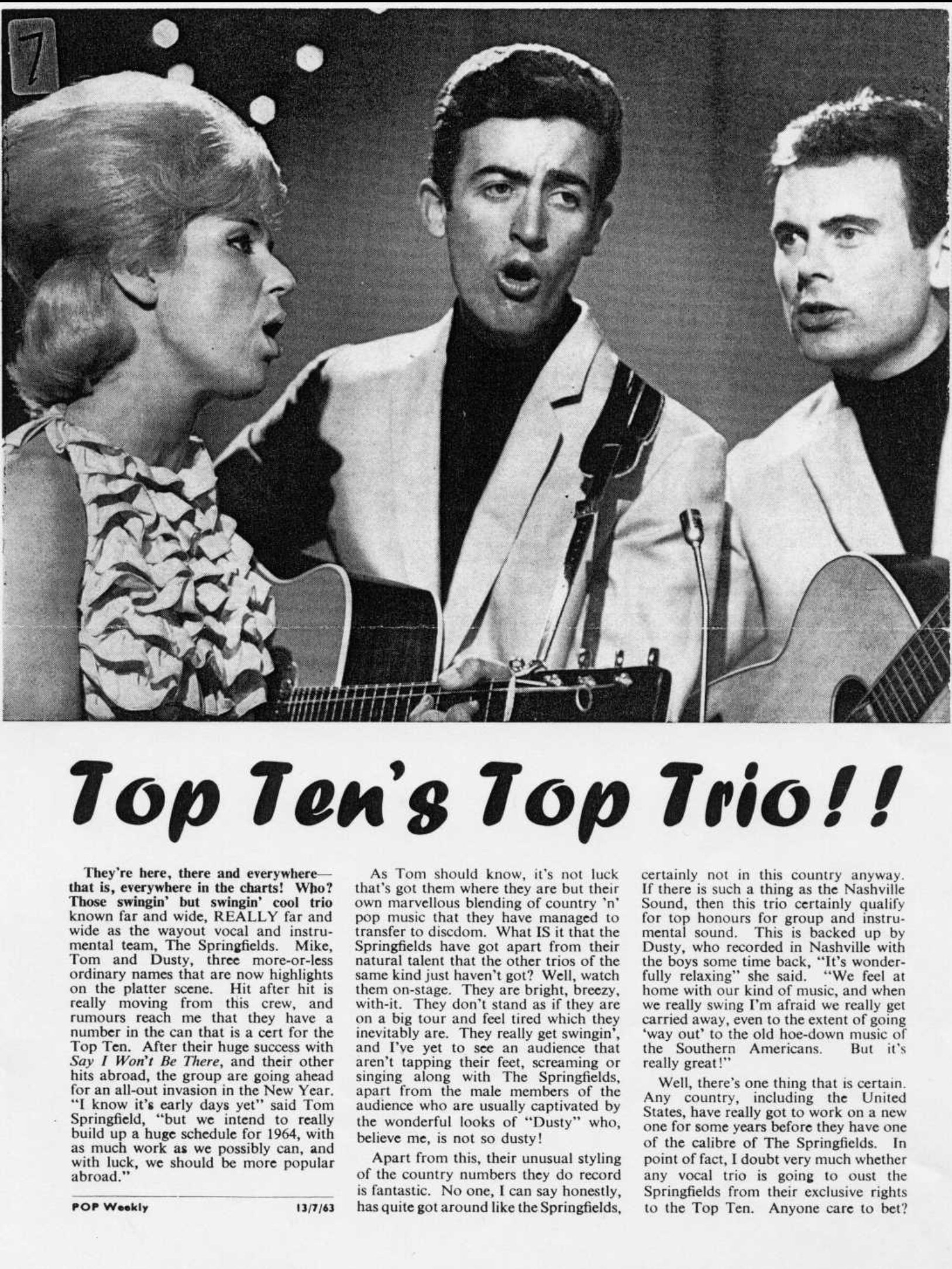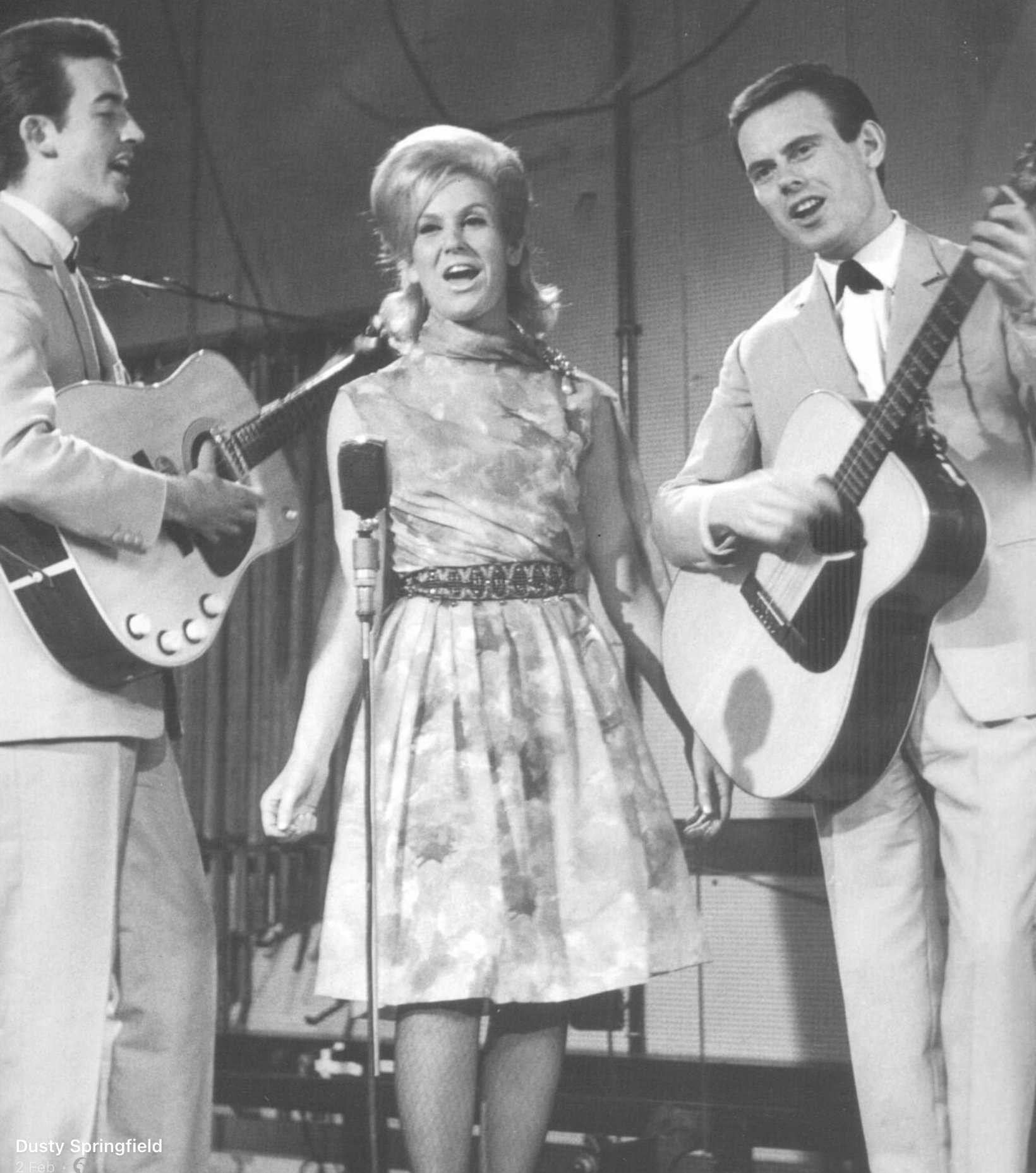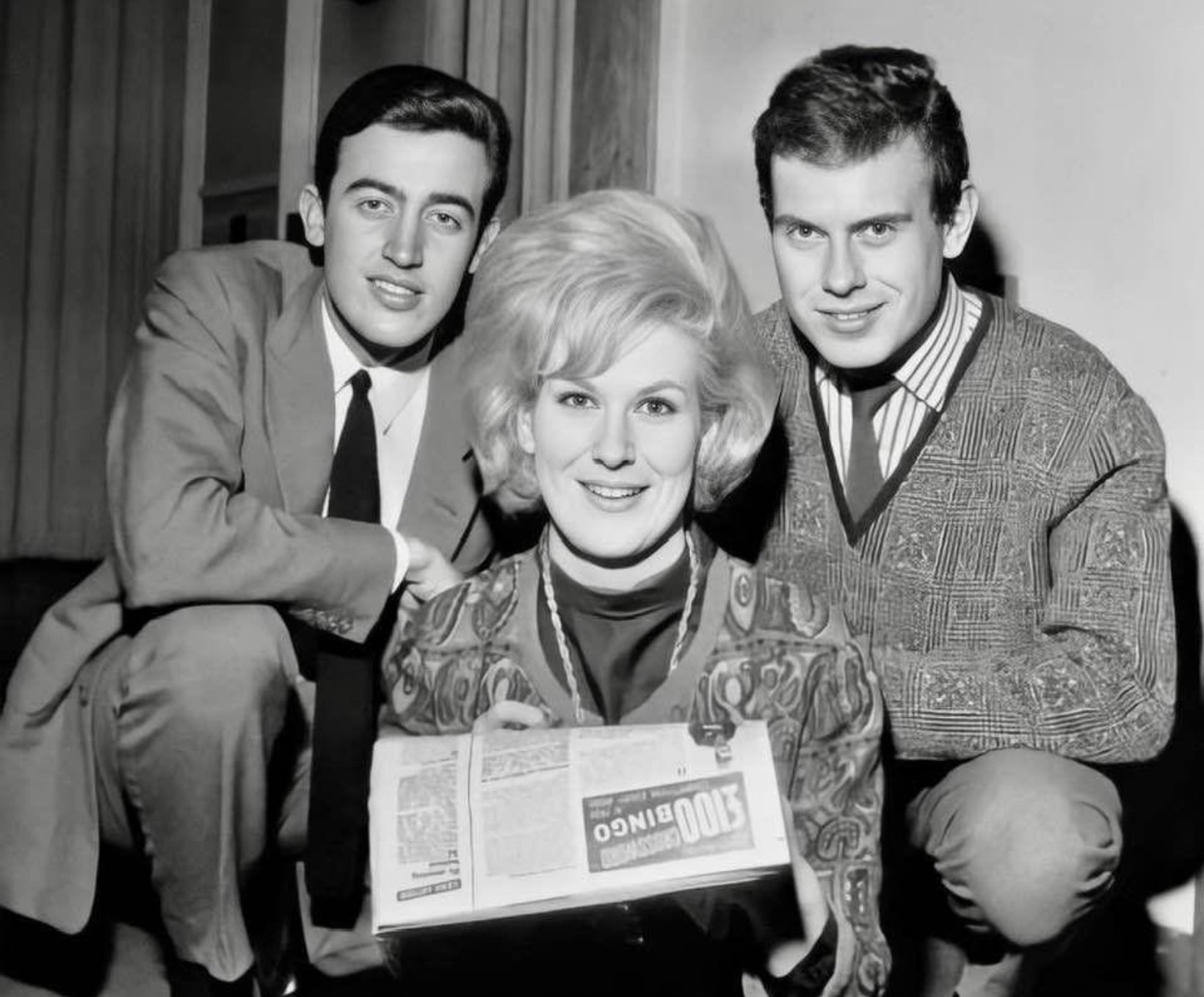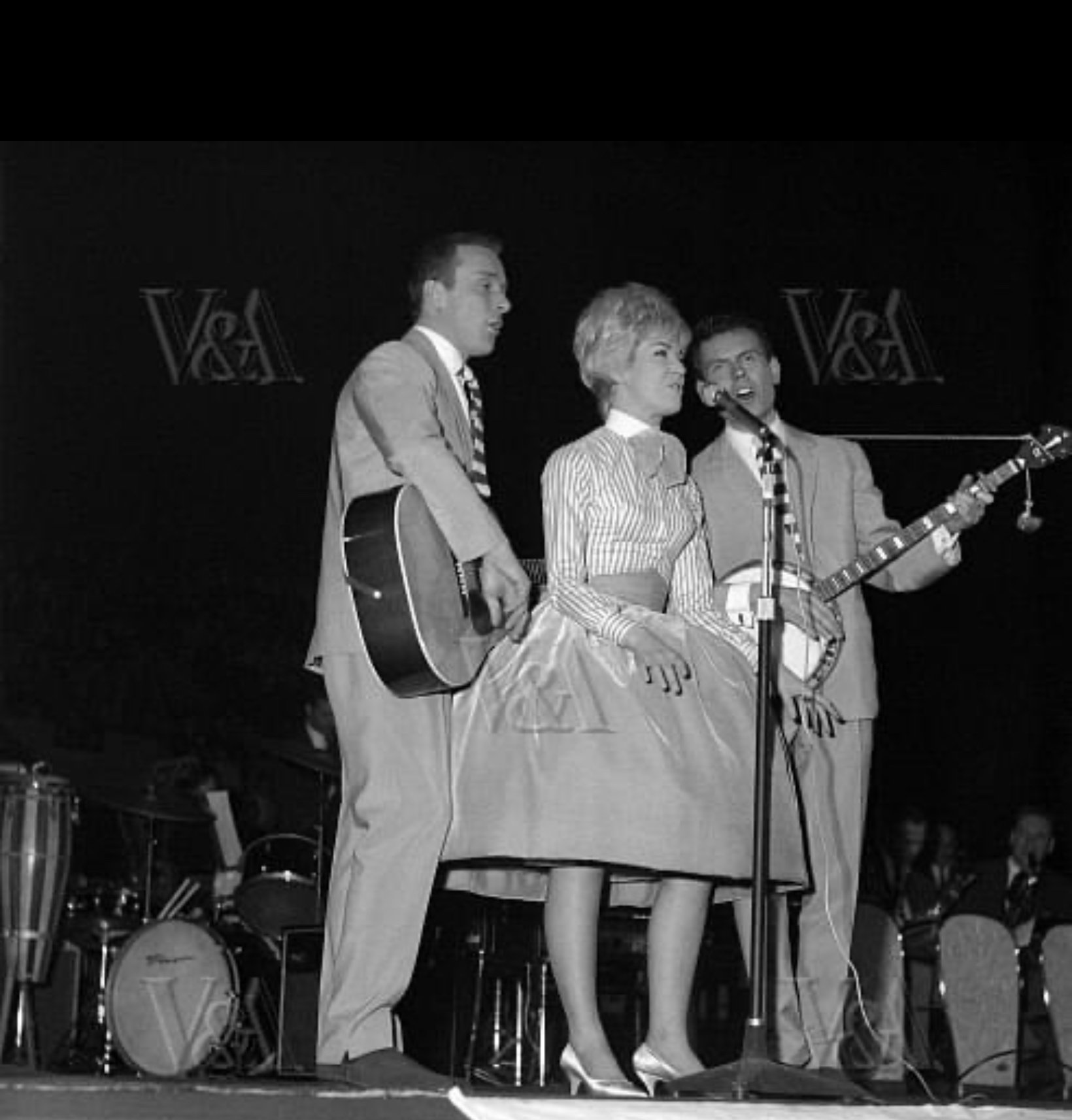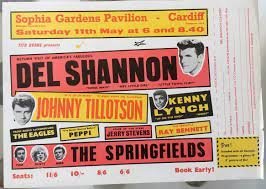On this day, 12 October 1977, American band Dr Hook played Cardiff’s Sophia Gardens. Support was provided by Alfalpha.
The founding core of the band consisted of George Cummings, Ray Sawyer and Billy Francis, who had first worked together circa 1966 in Mobile, Alabama, in a band called Chocolate Papers. Cummings, Sawyer and Francis started a new band up in Union City, New Jersey, in 1968 and included primary vocalist Dennis Locorriere, who initially joined as a bass player.
By 1969, the new band was named Dr. Hook and the Medicine Show: Tonic for the Soul. The name, thought up by Cummings, was inspired by Sawyer's eyepatch and a reference to Captain Hook of the Peter Pan fairytale. Sawyer lost his right eye in a near-fatal car crash in Oregon in 1967 and, after that, wore an eyepatch, leading some people to believe that he was Dr. Hook; when asked by fans which band member was Dr. Hook, they would all point to the bus driver.
The band shortened its name to Dr. Hook in 1975. They signed with Capitol Records in 1975, releasing the aptly titled Bankrupt. Unlike previous projects, this album included original material written by the group. The hit from the project was a reworked version of Sam Cooke's "Only Sixteen" (US number 6), revitalizing their career and charted in the top ten in 1976.
Haffkine discovered a song titled "A Little Bit More" written and originally performed by Bobby Gosh and released on his 1973 album Sitting in the Quiet, on a record he purchased for 35 cents at a flea market in San Francisco. The band recorded and released the song, which reached number 11 on the US Billboard Hot 100 and spent two weeks at number nine on the Cash Box Top 100. It also reached number two on the UK Singles Chart, matching "Sylvia's Mother".
The band followed Bankrupt with 1976's A Little Bit More (named after the hit), which was certified double gold in Australia in November 1976.[4] It was quickly followed in turn by the 1977 album Making Love And Music which gave them a number 1 hit single in Australia with "Walk Right In"


